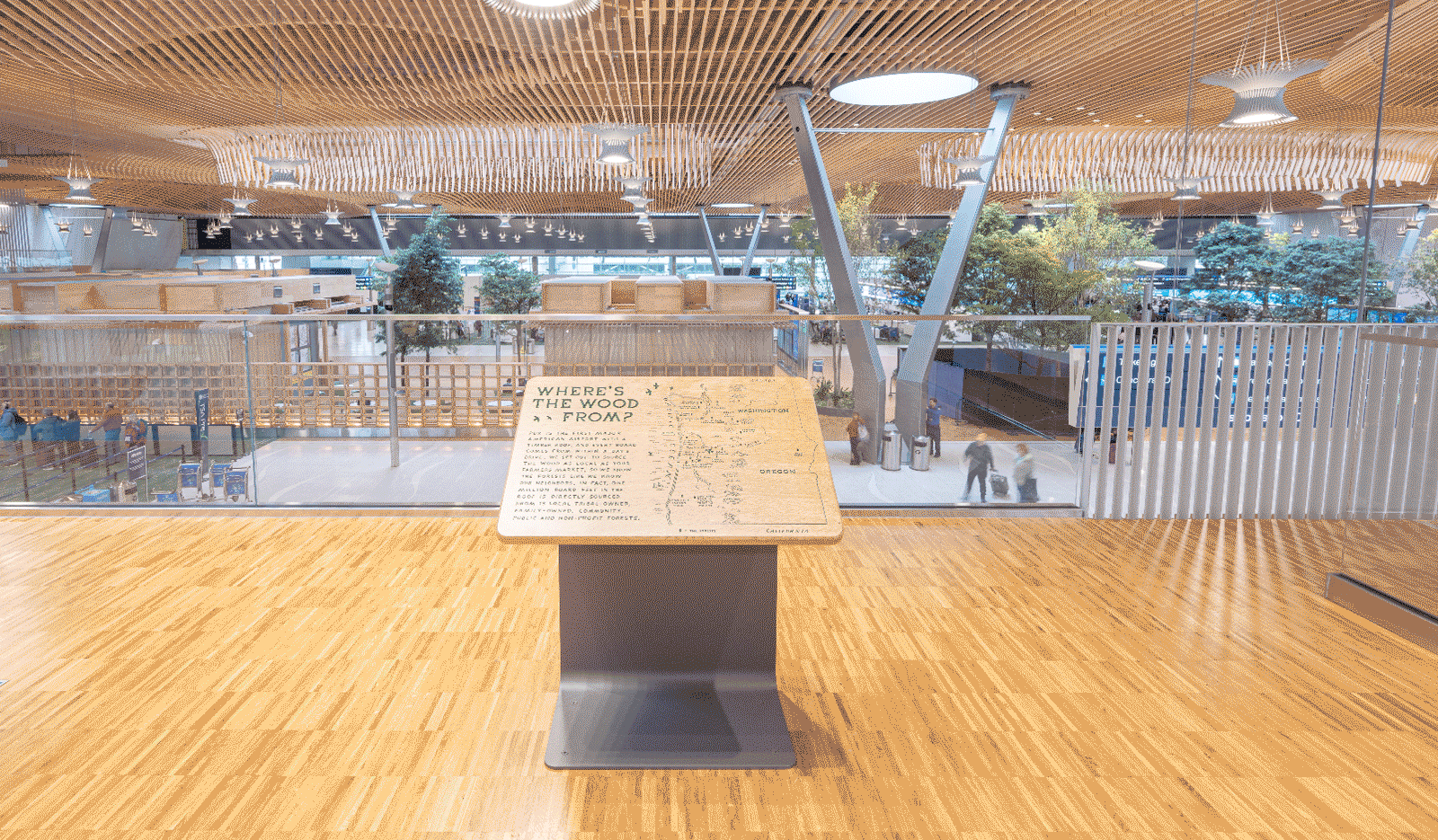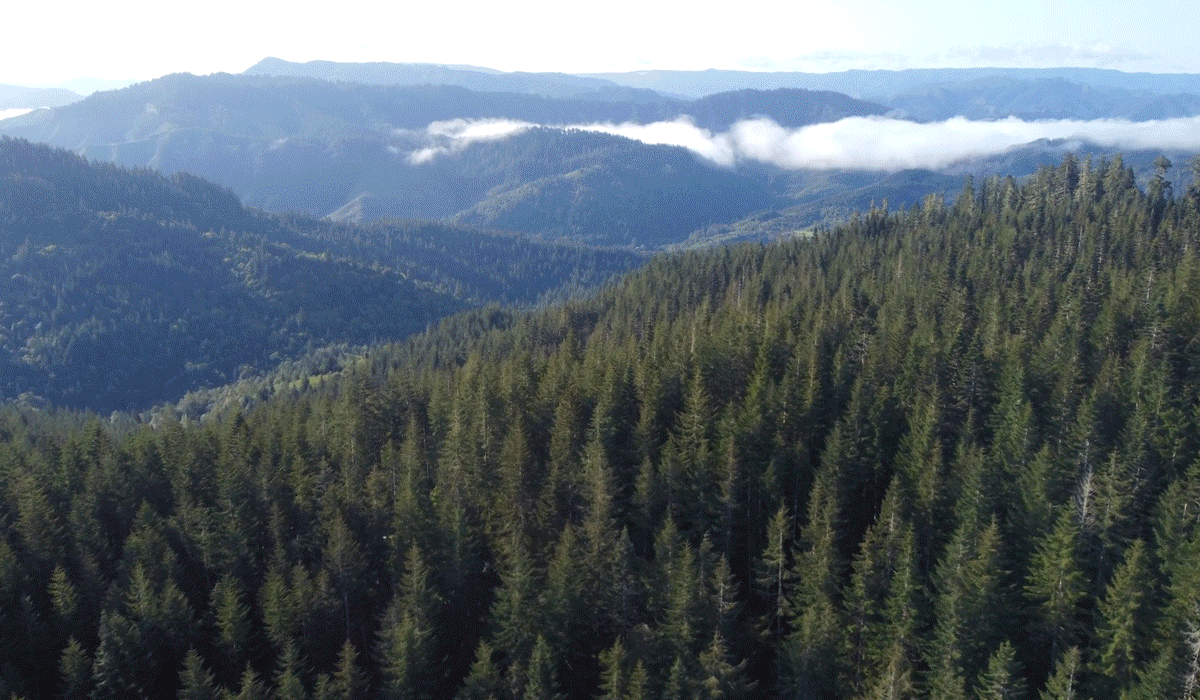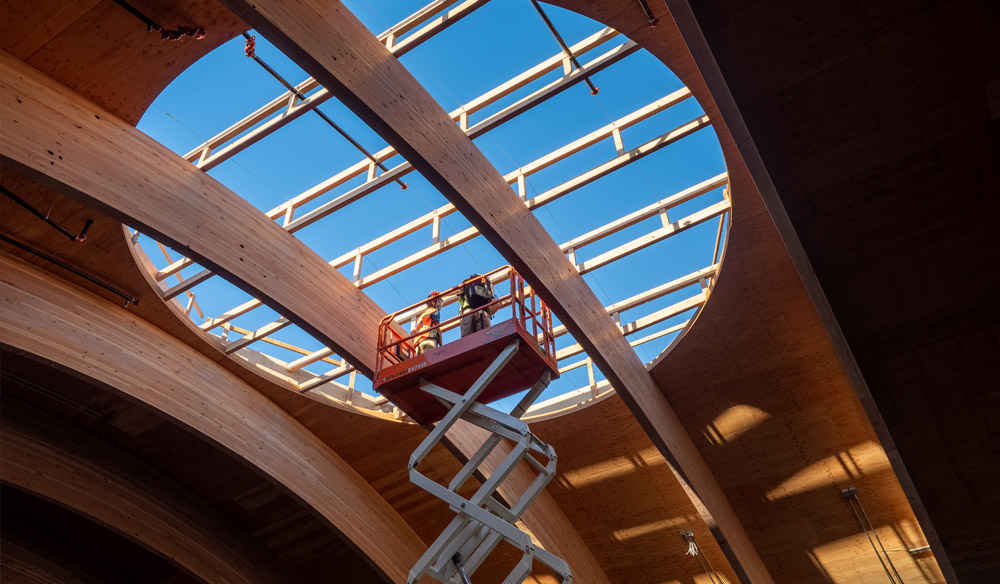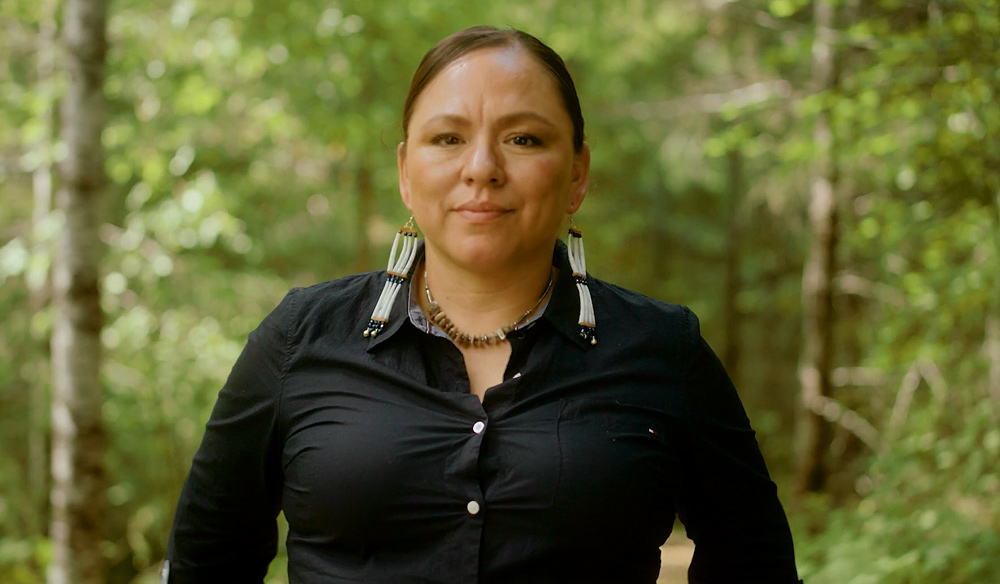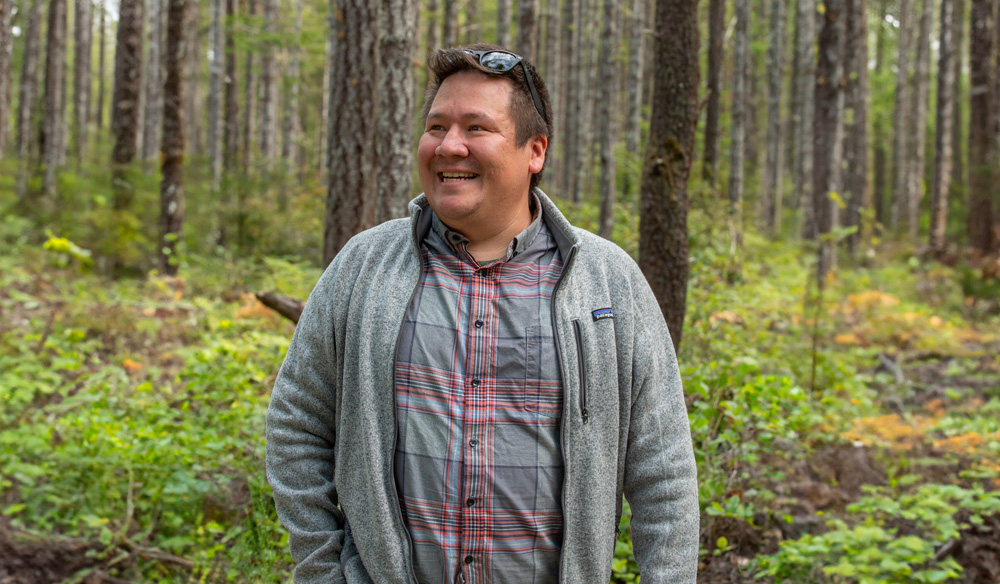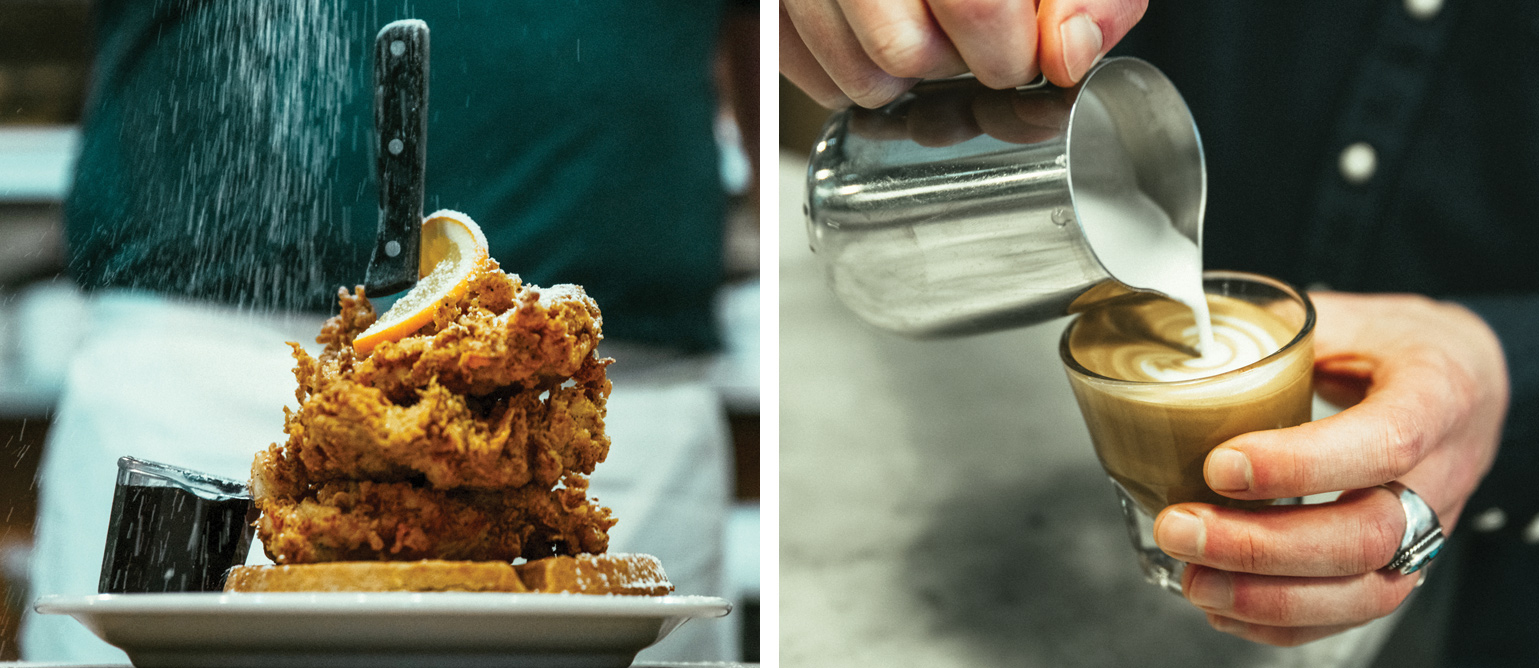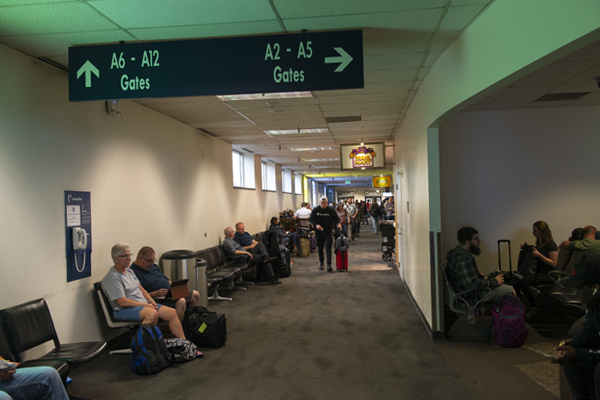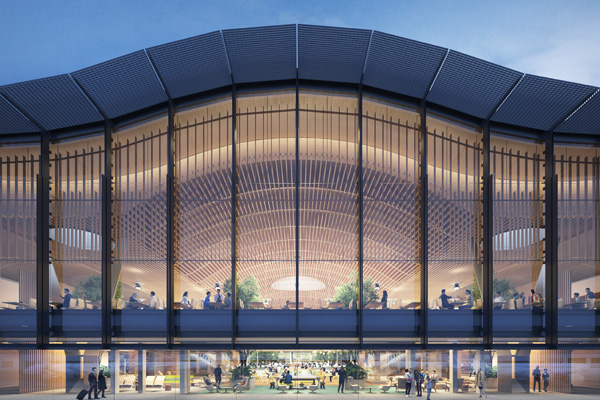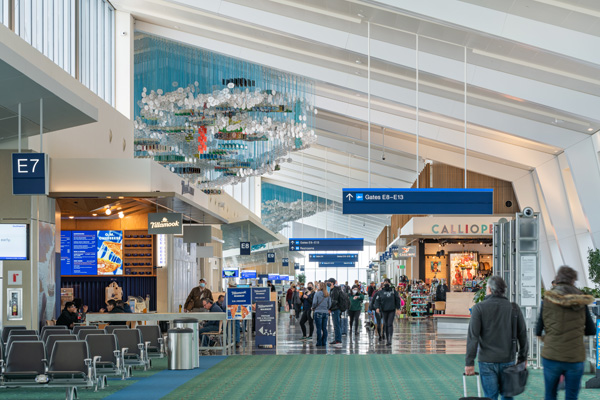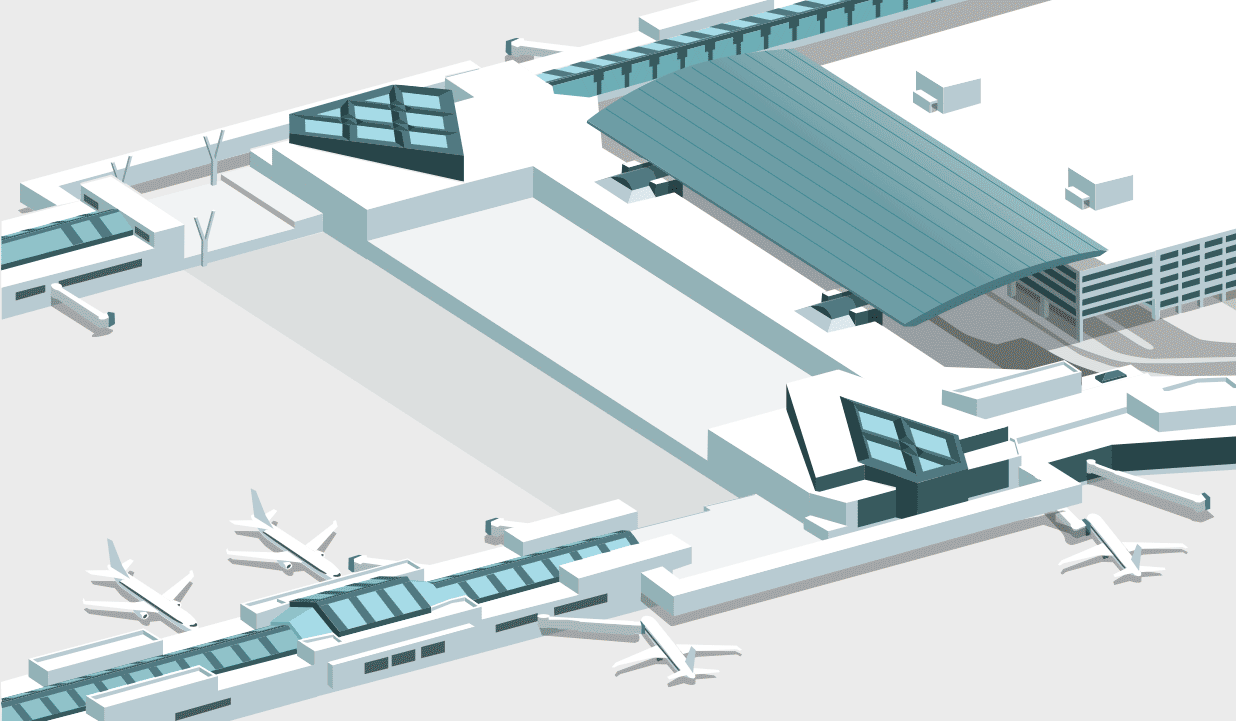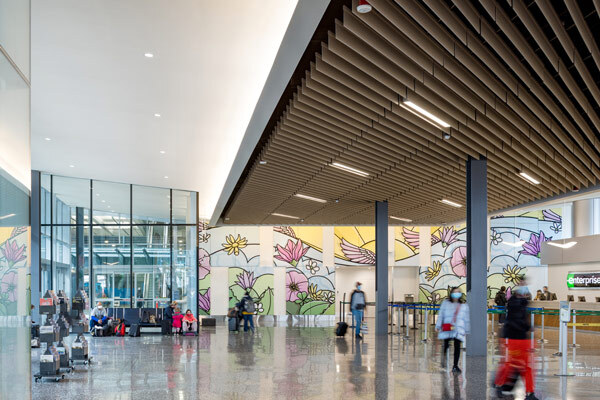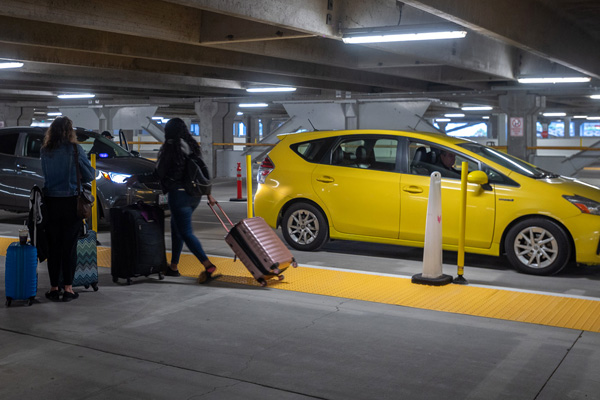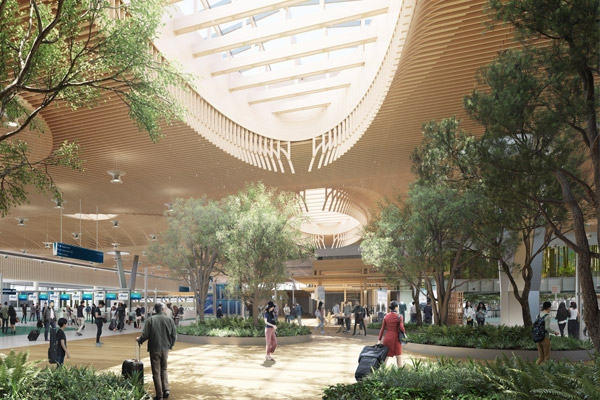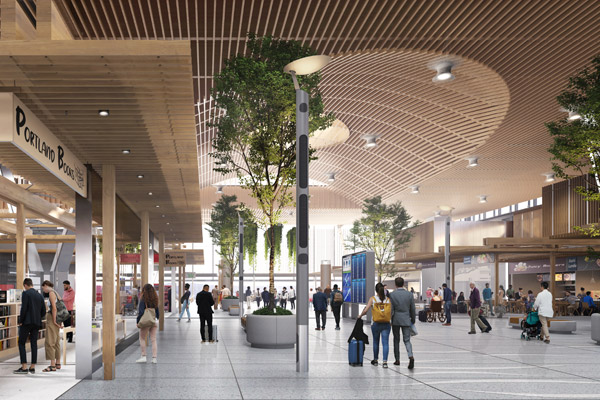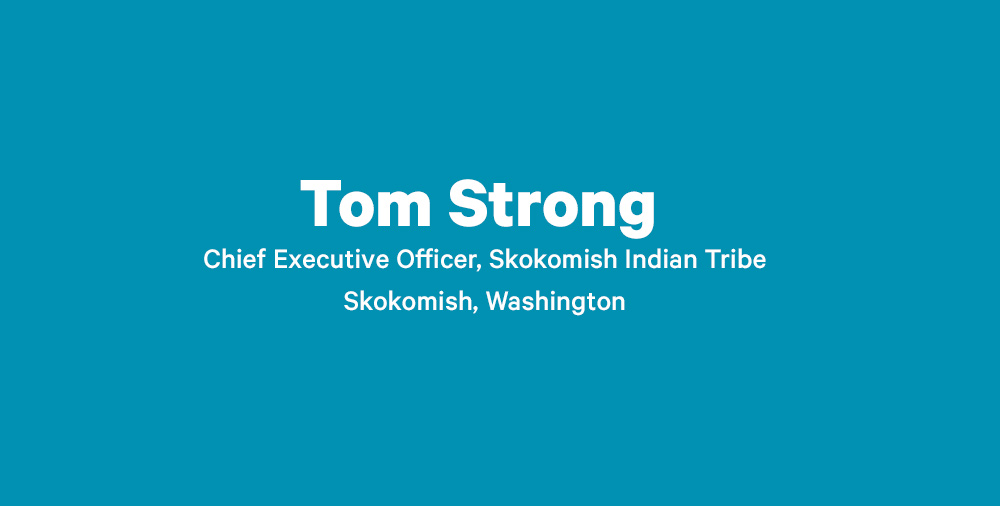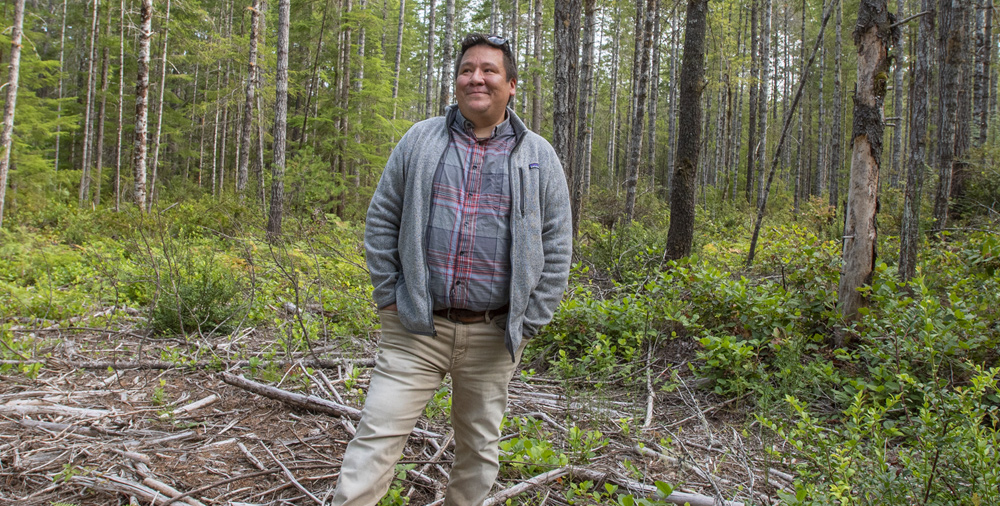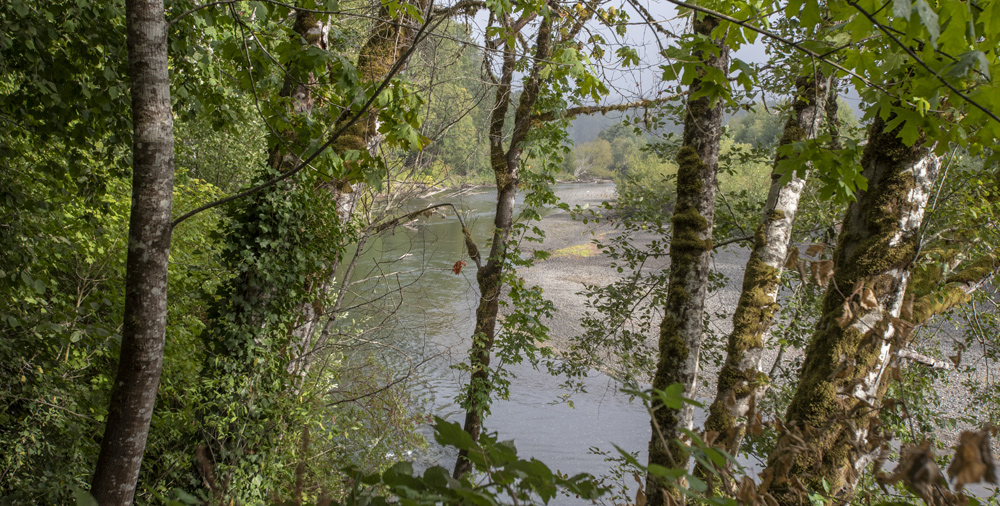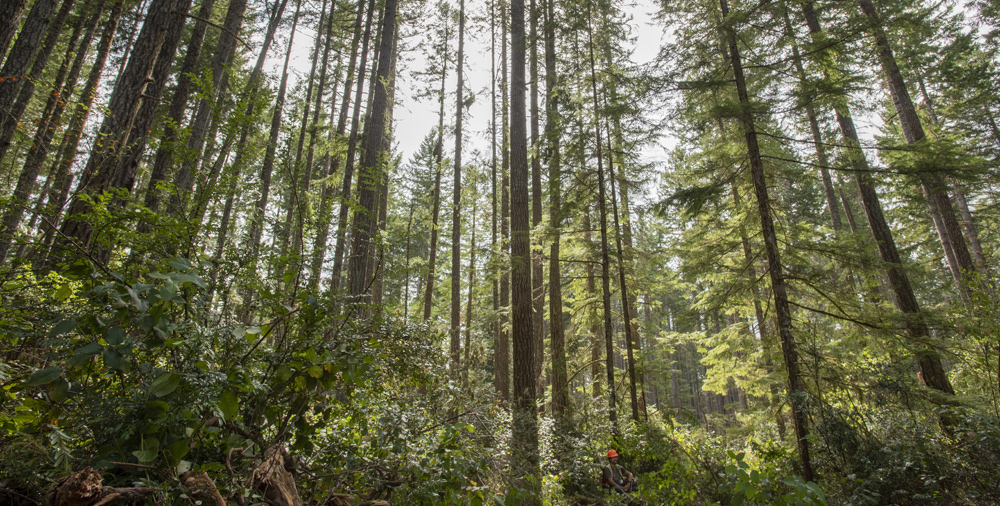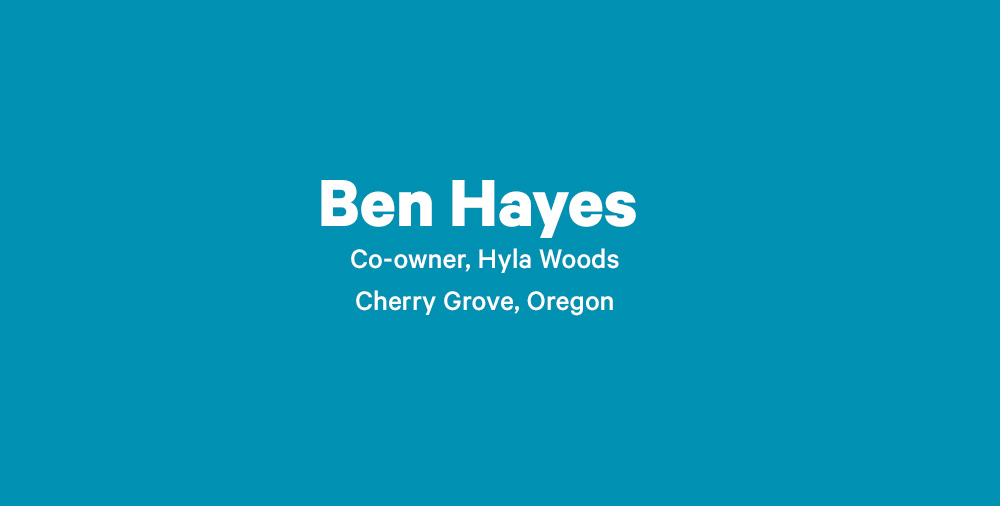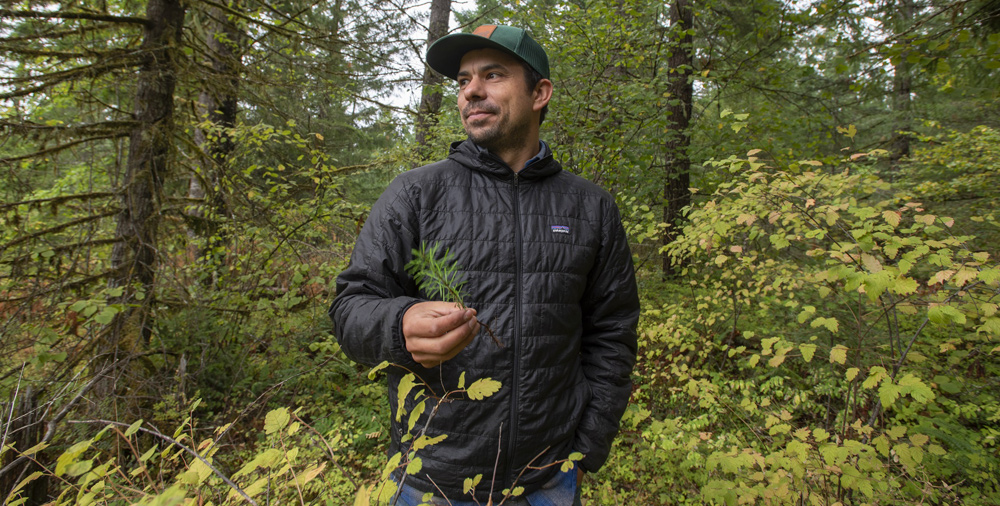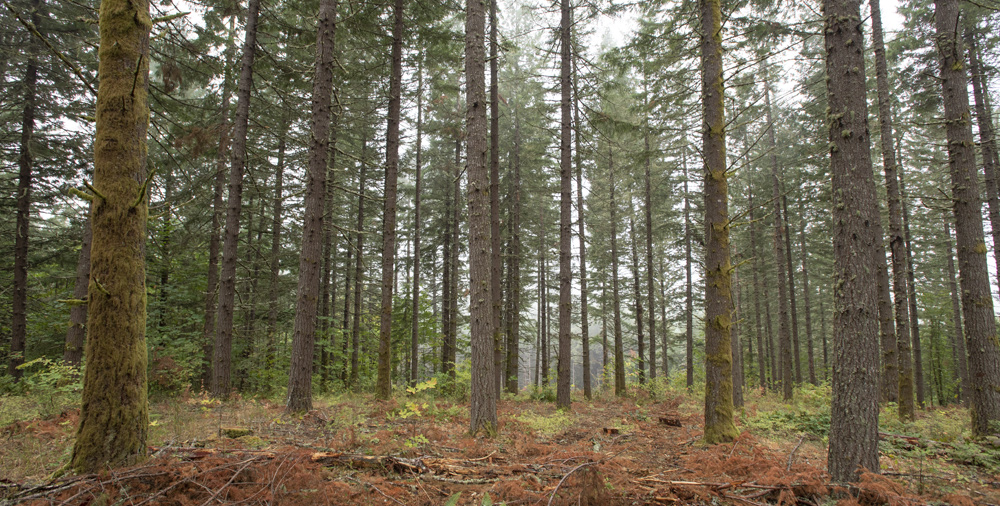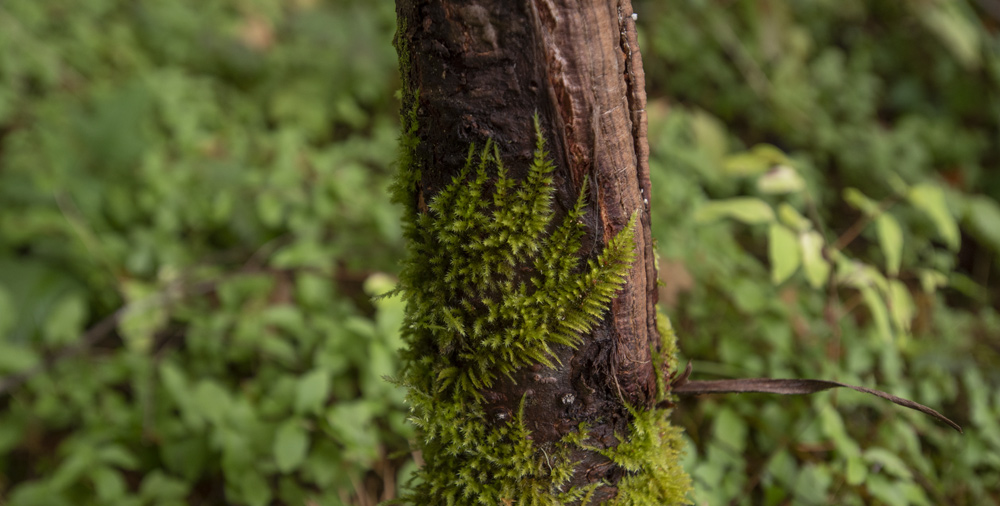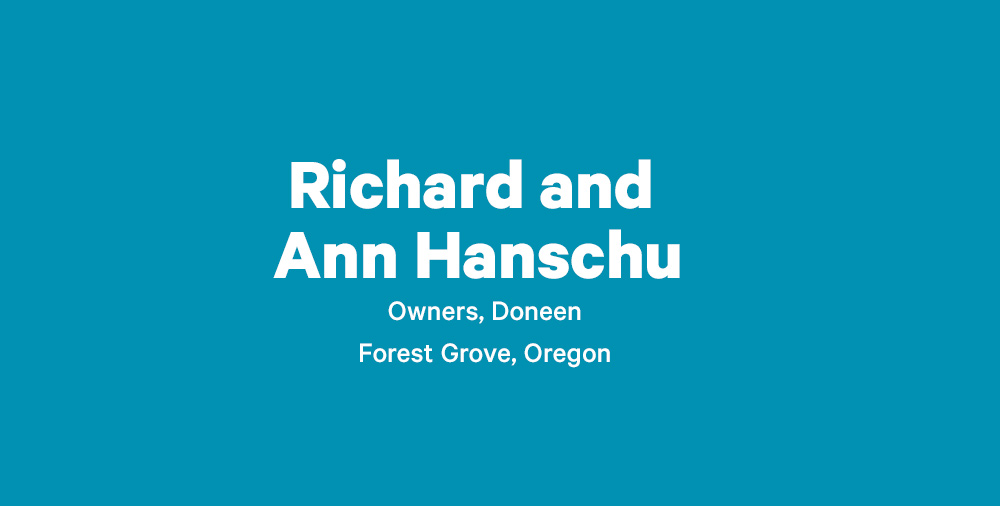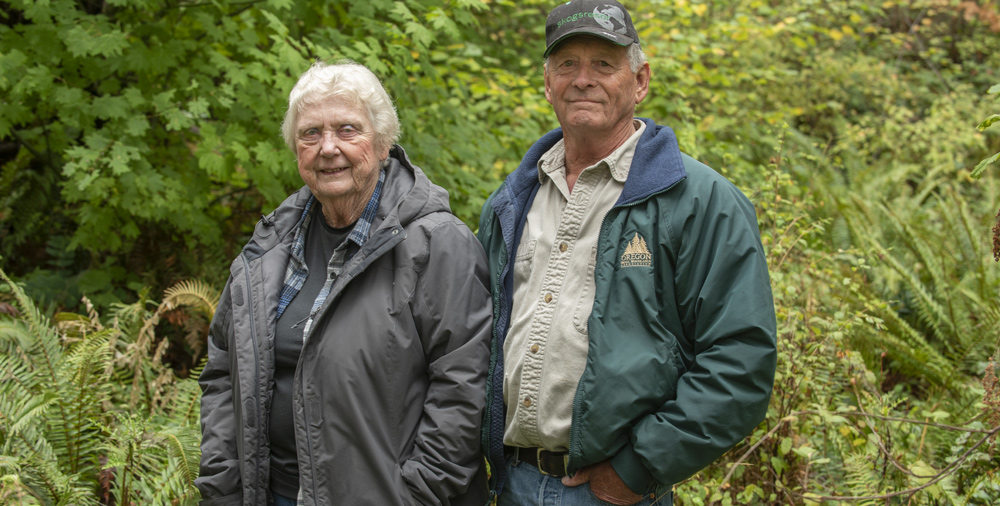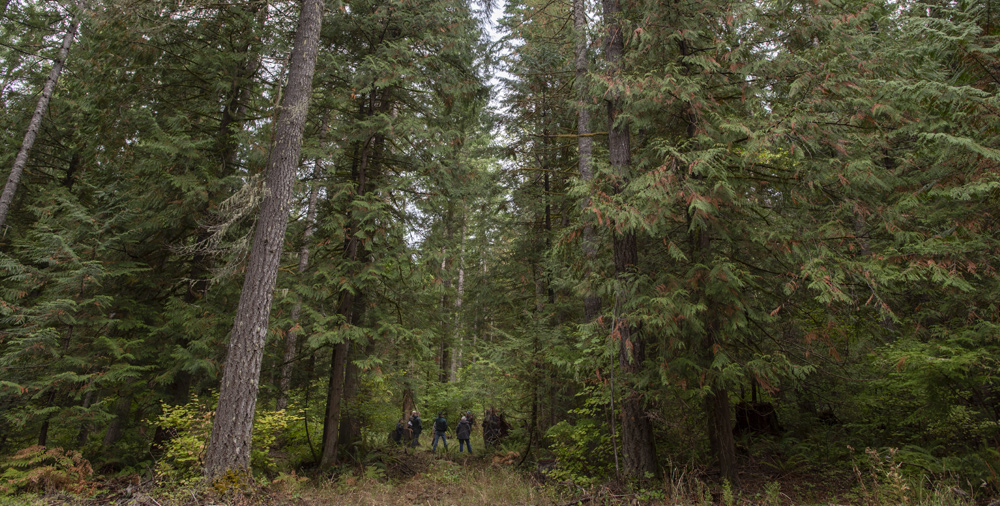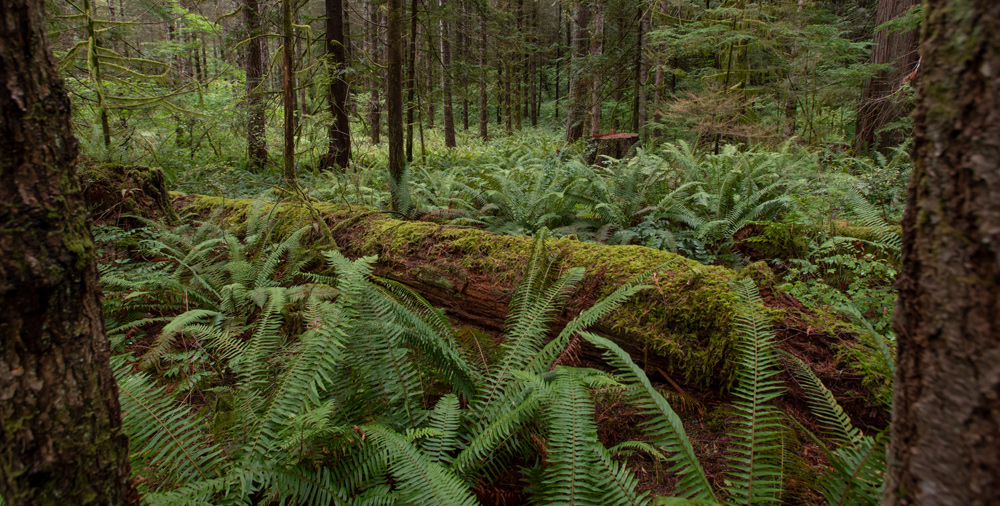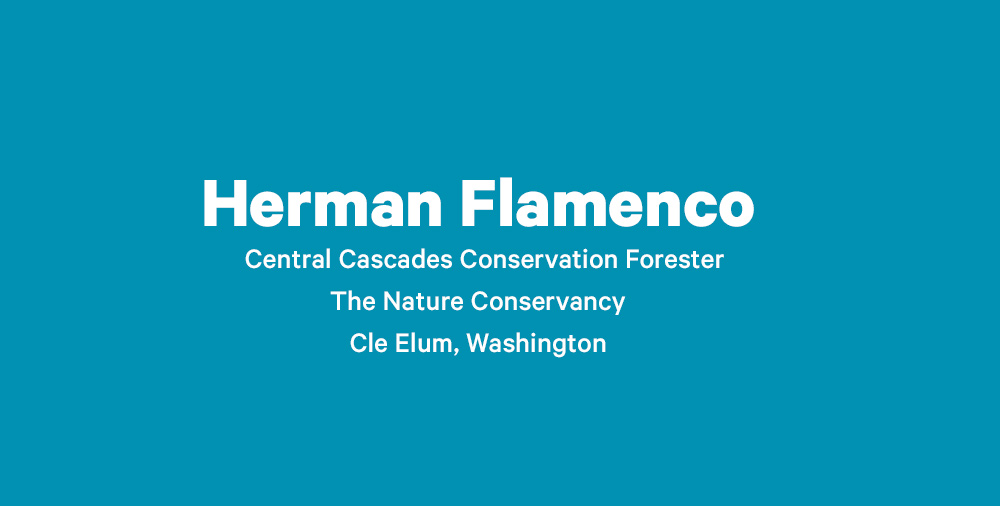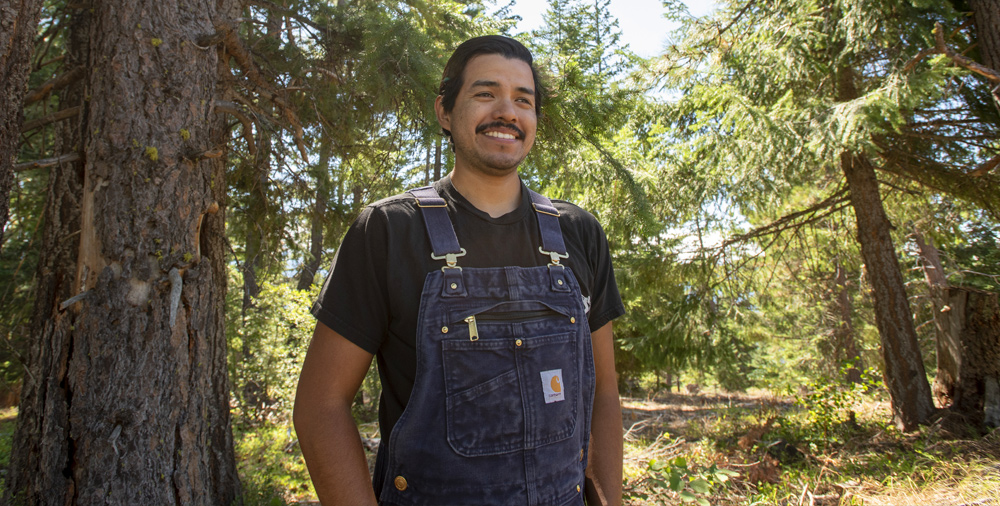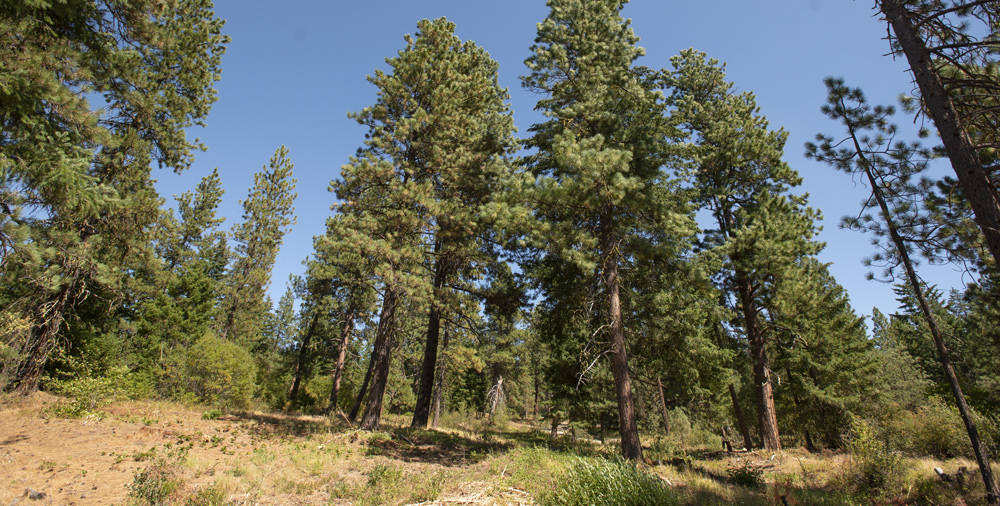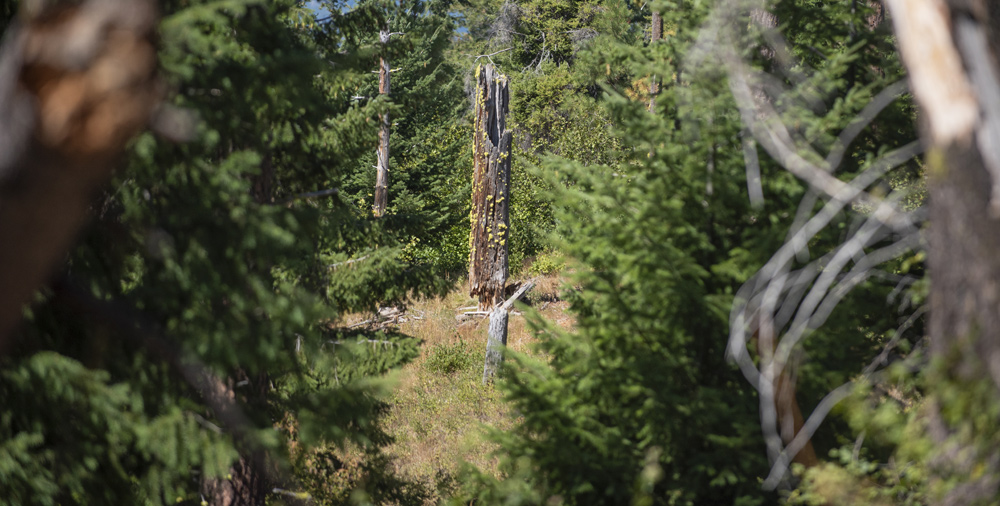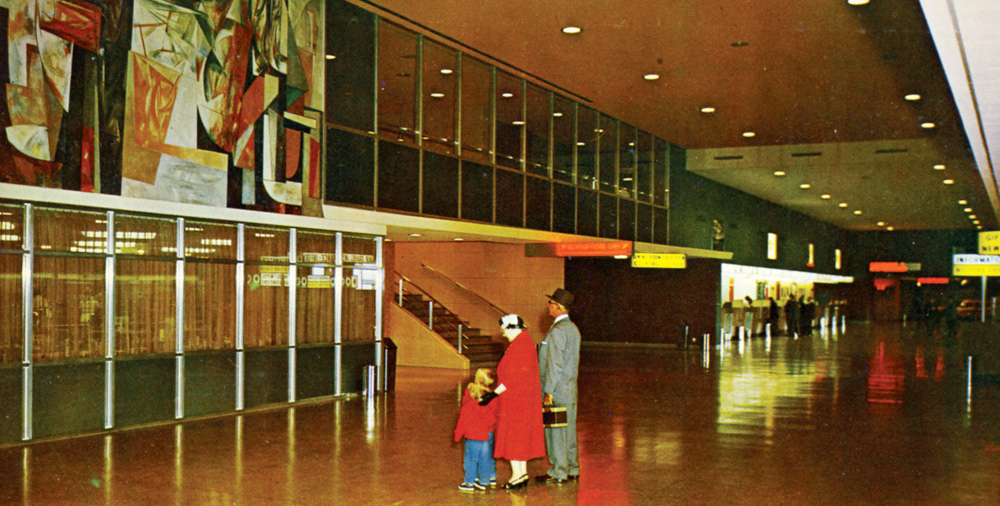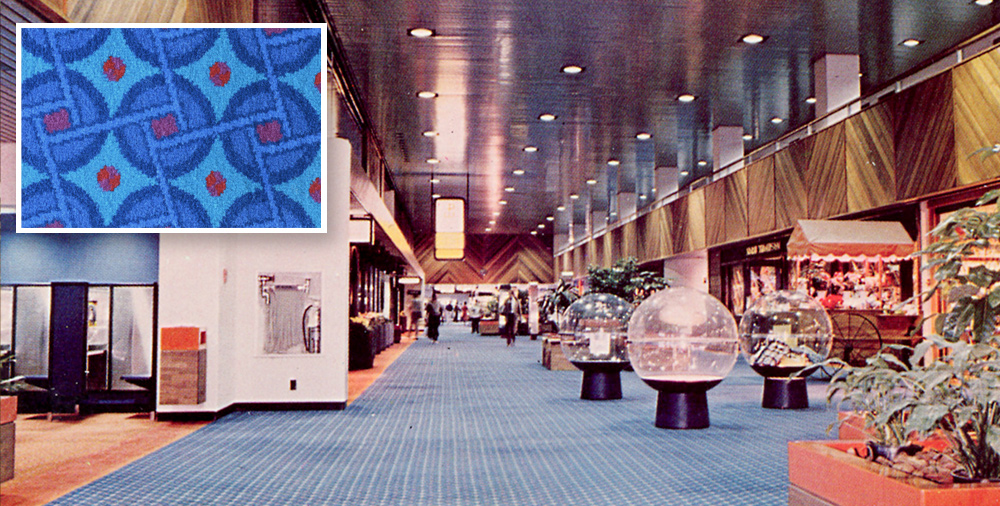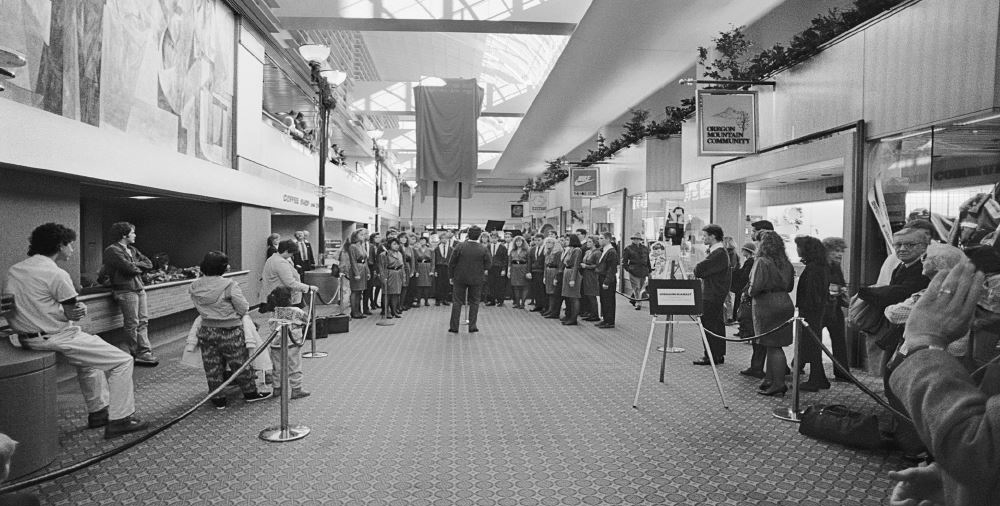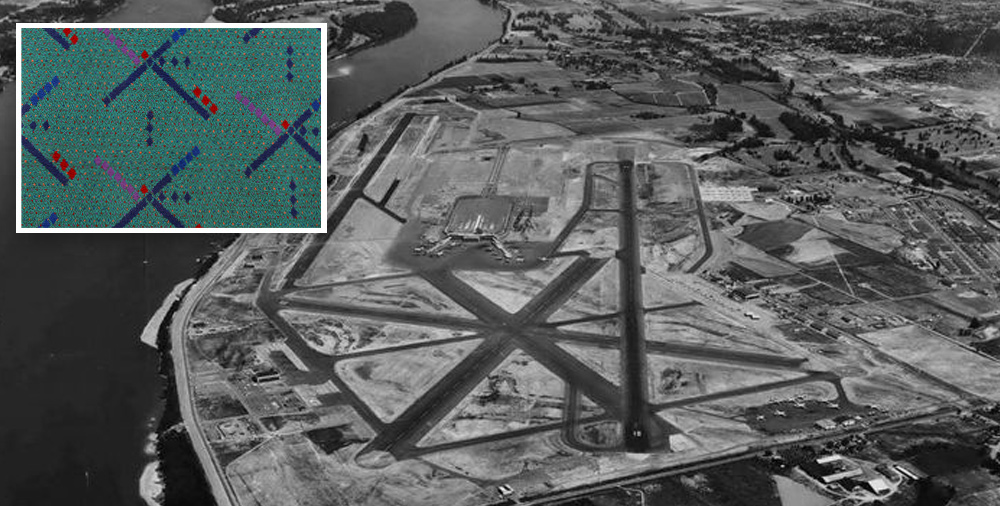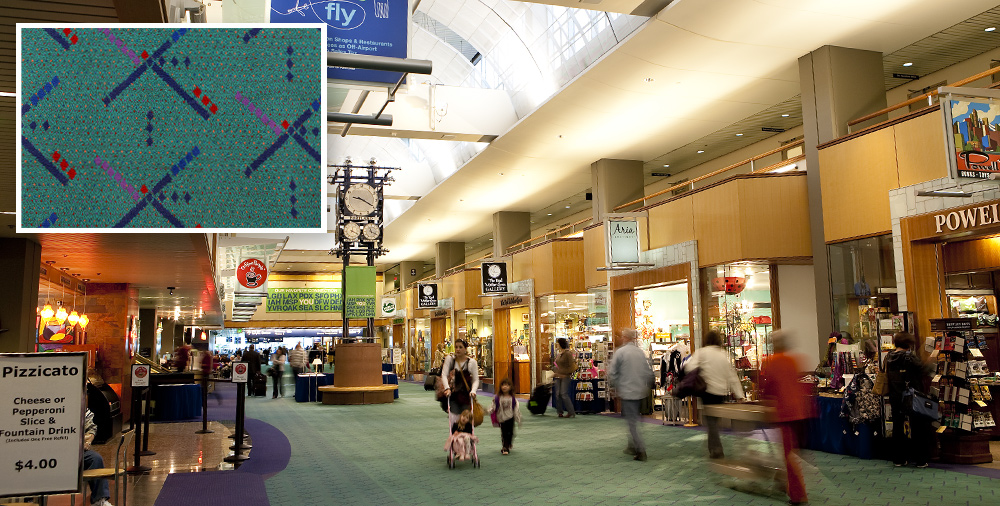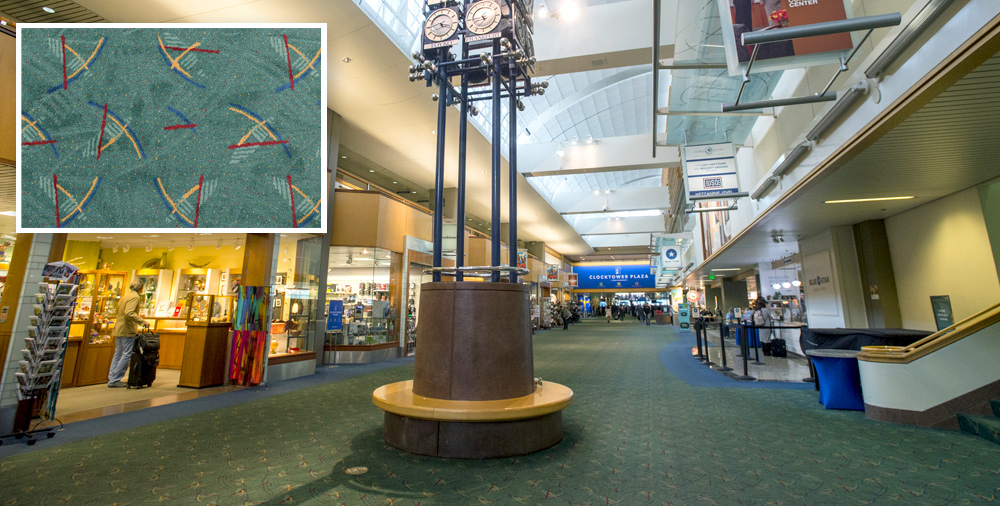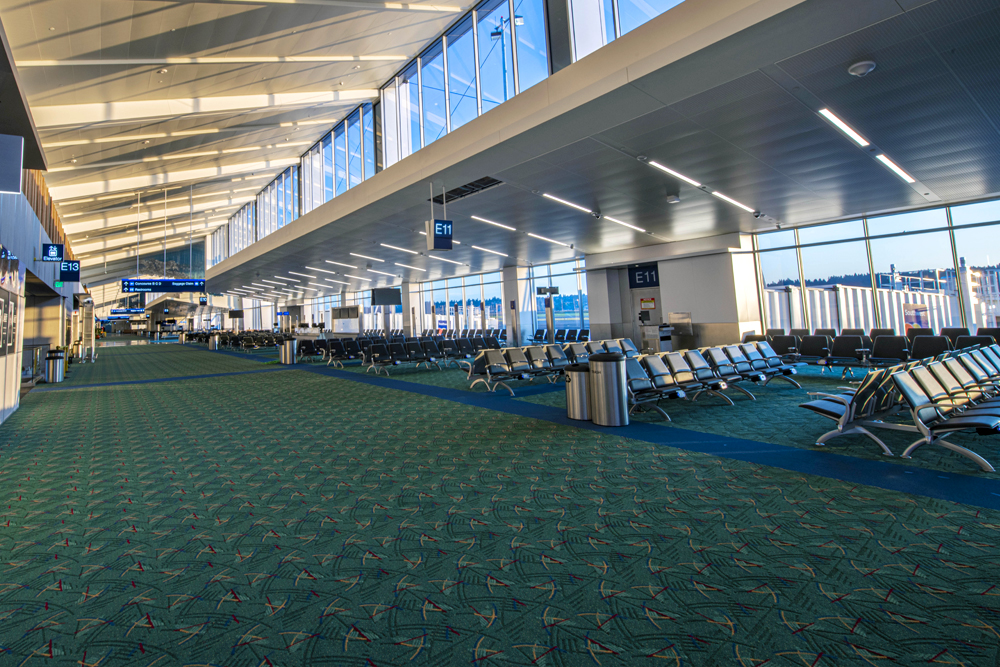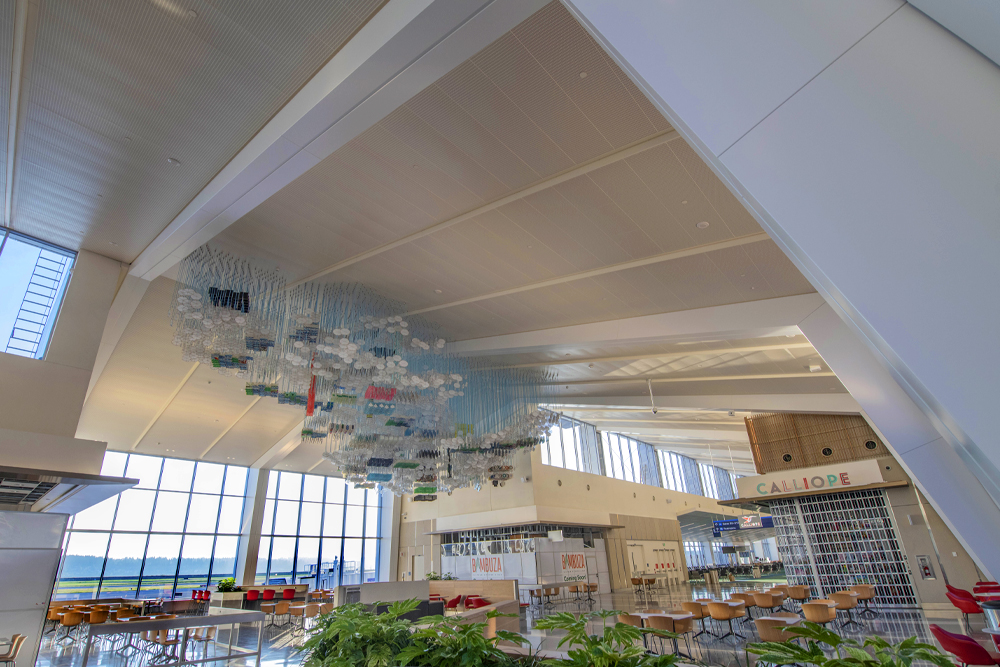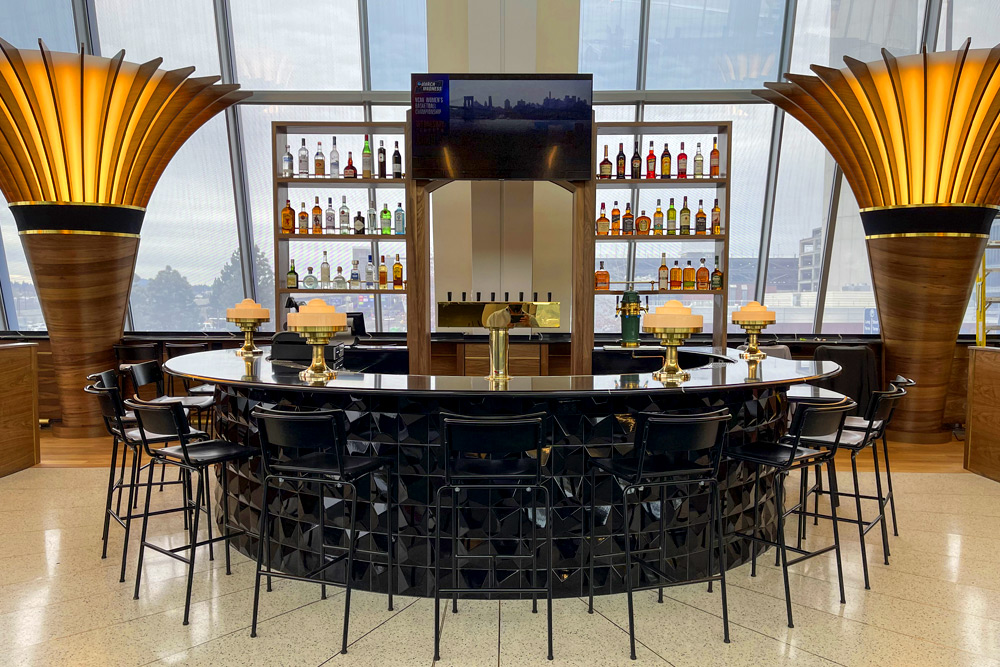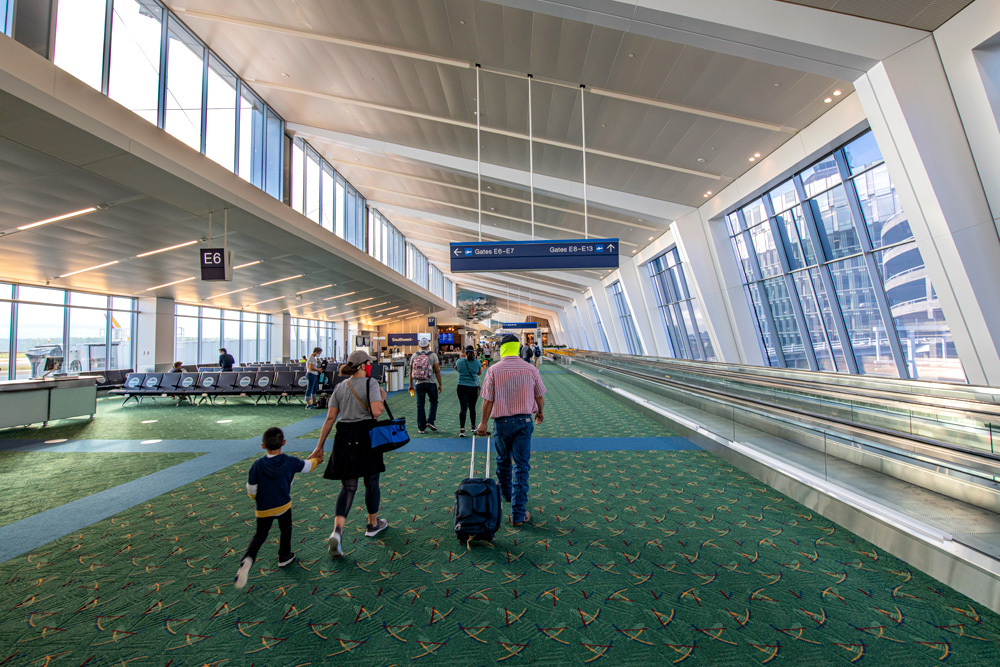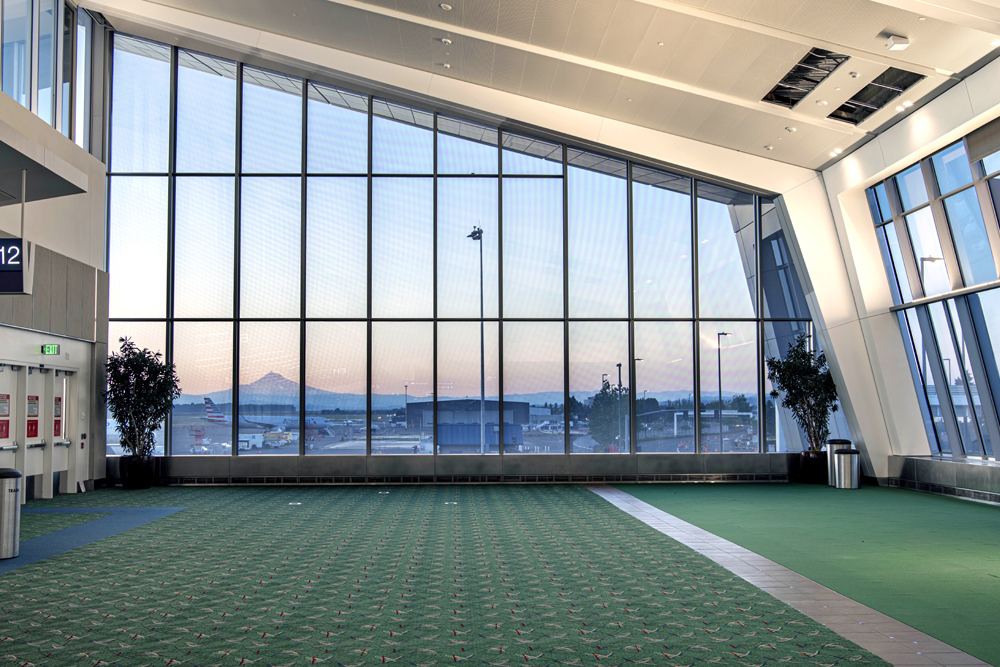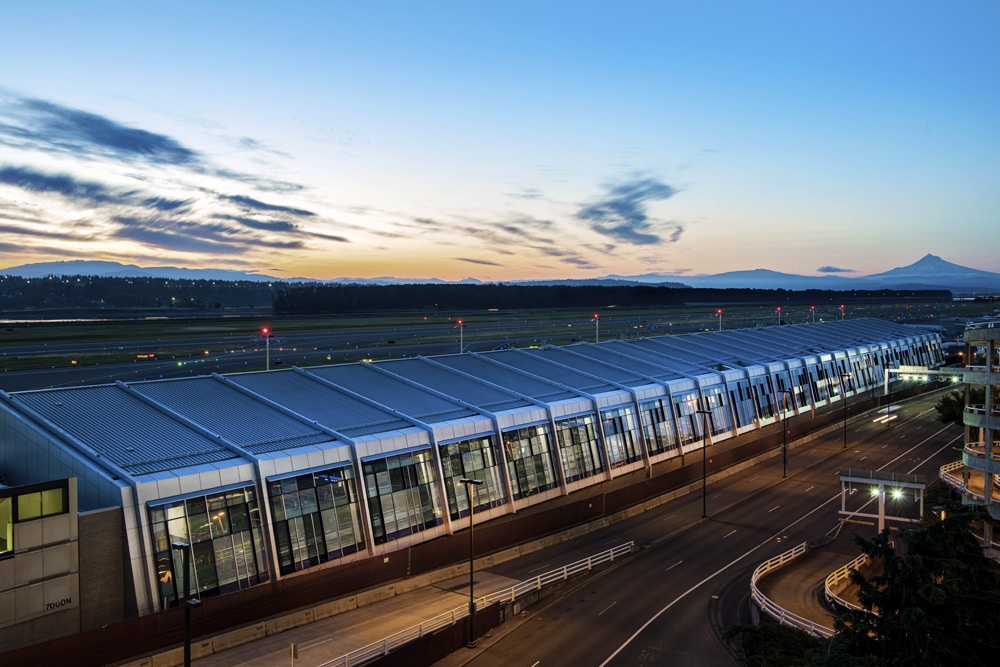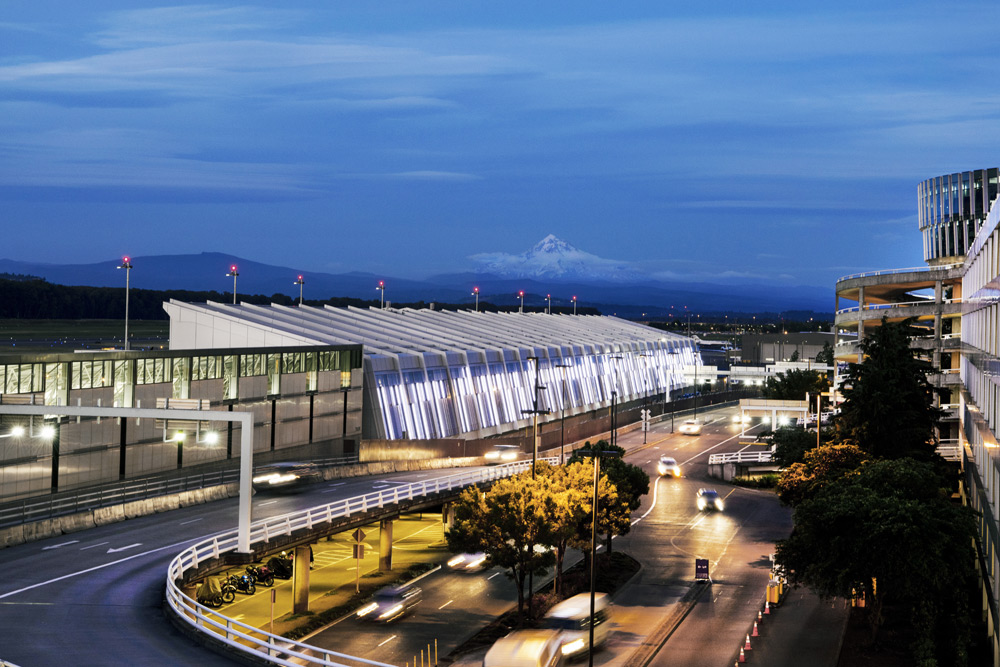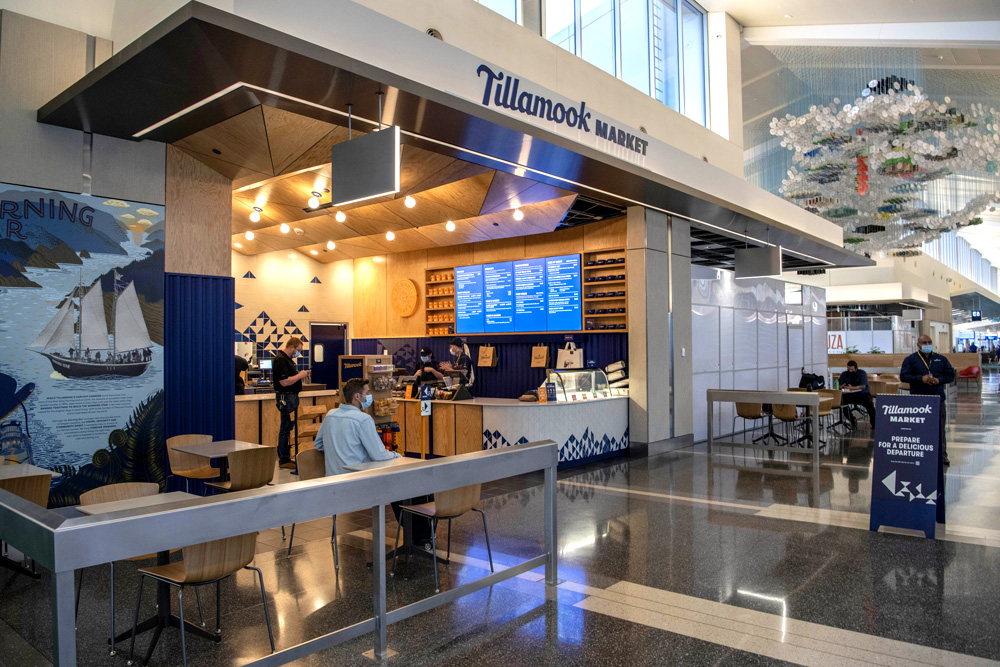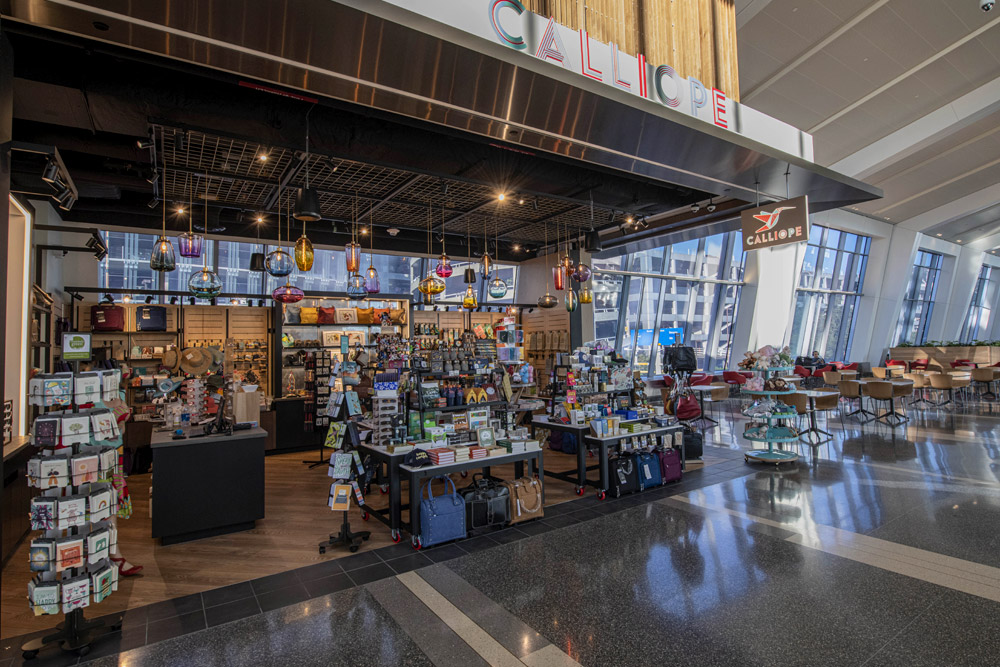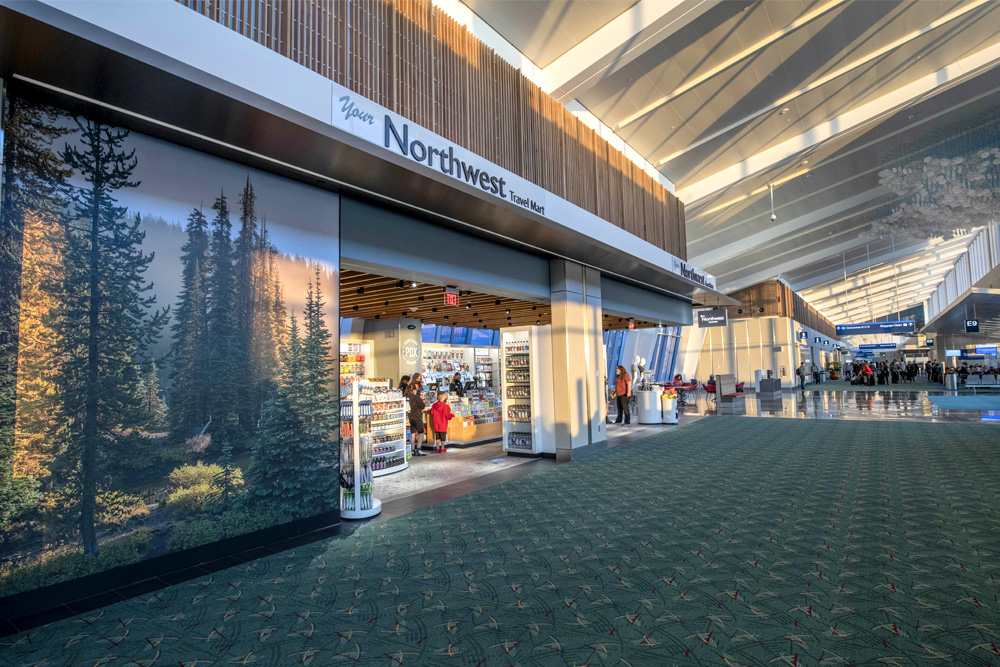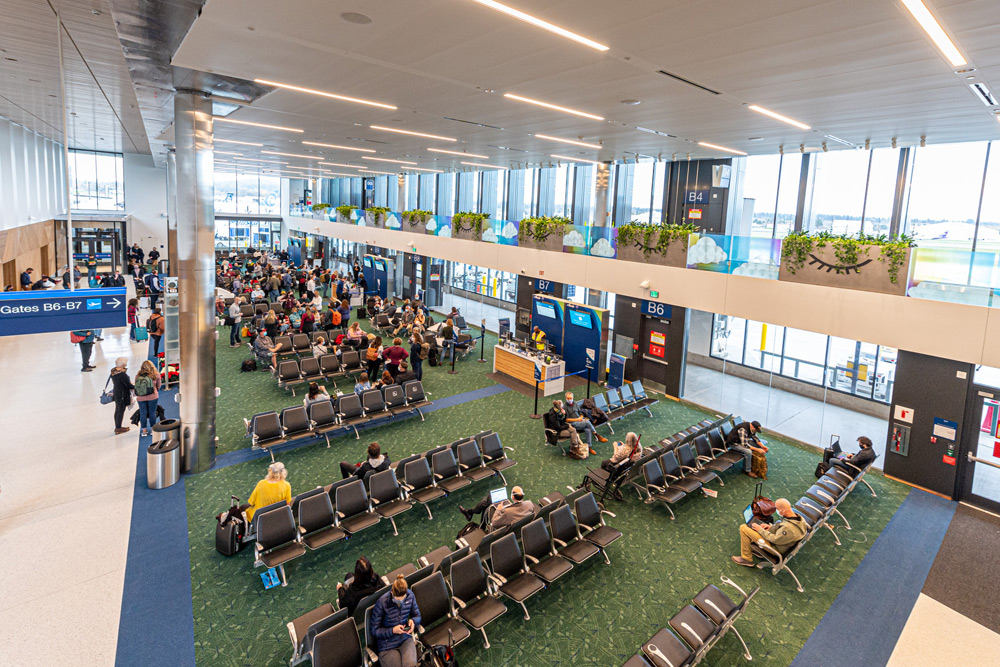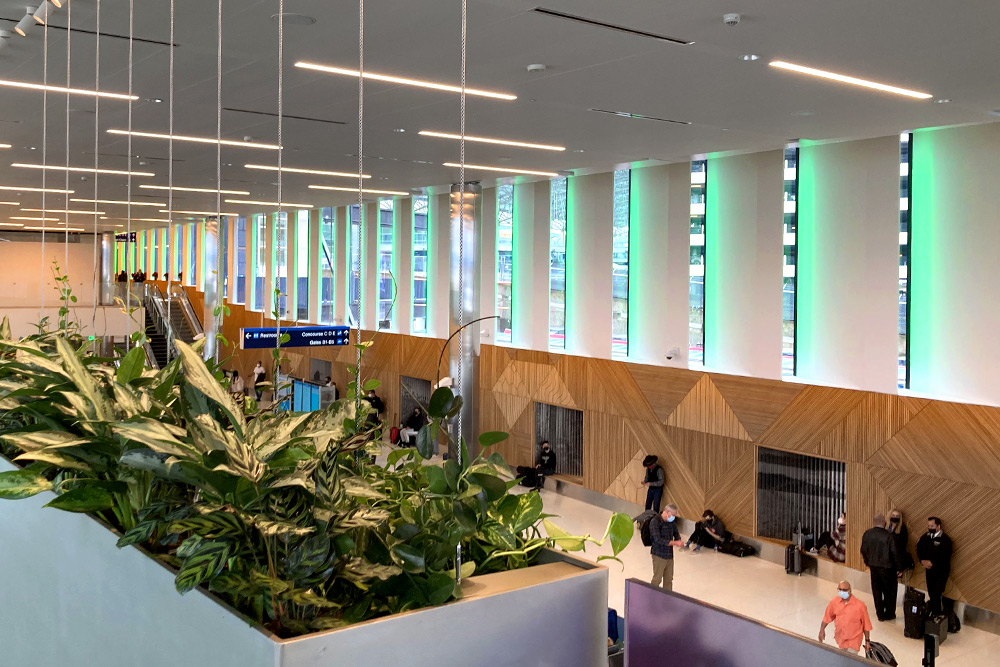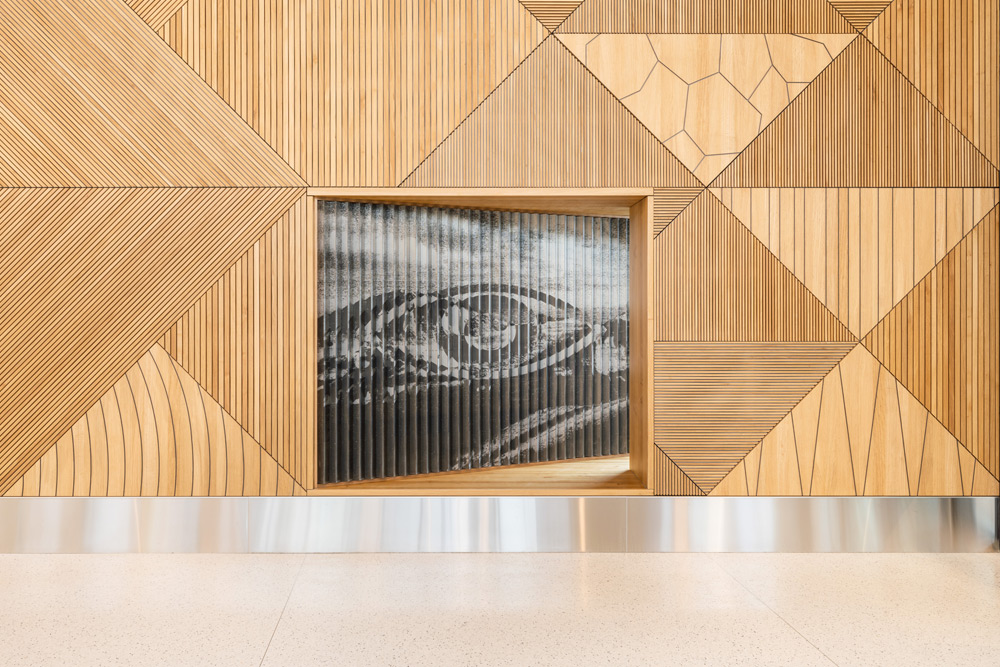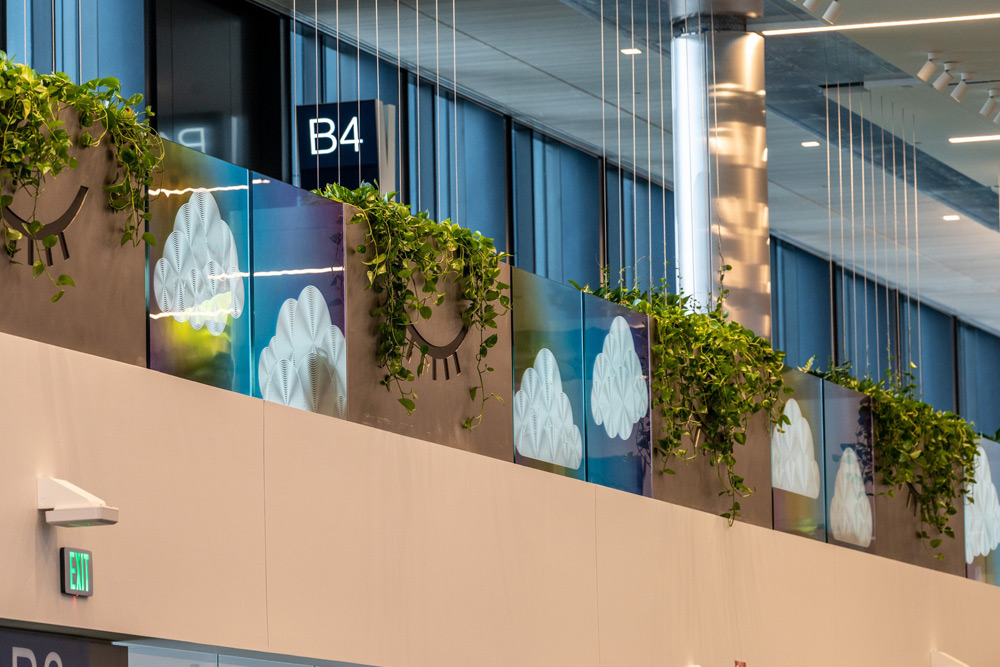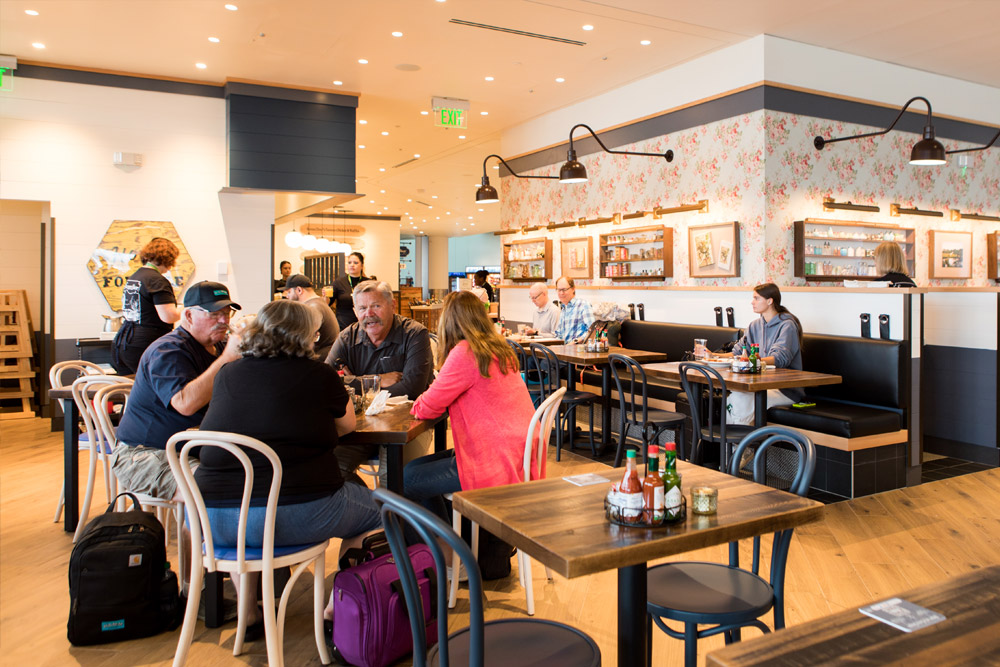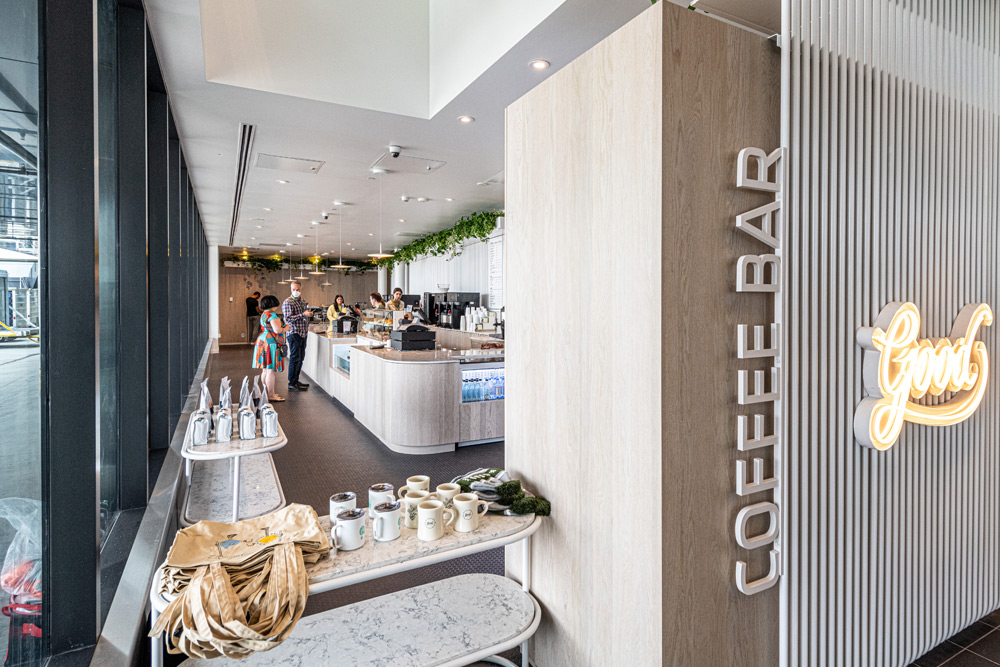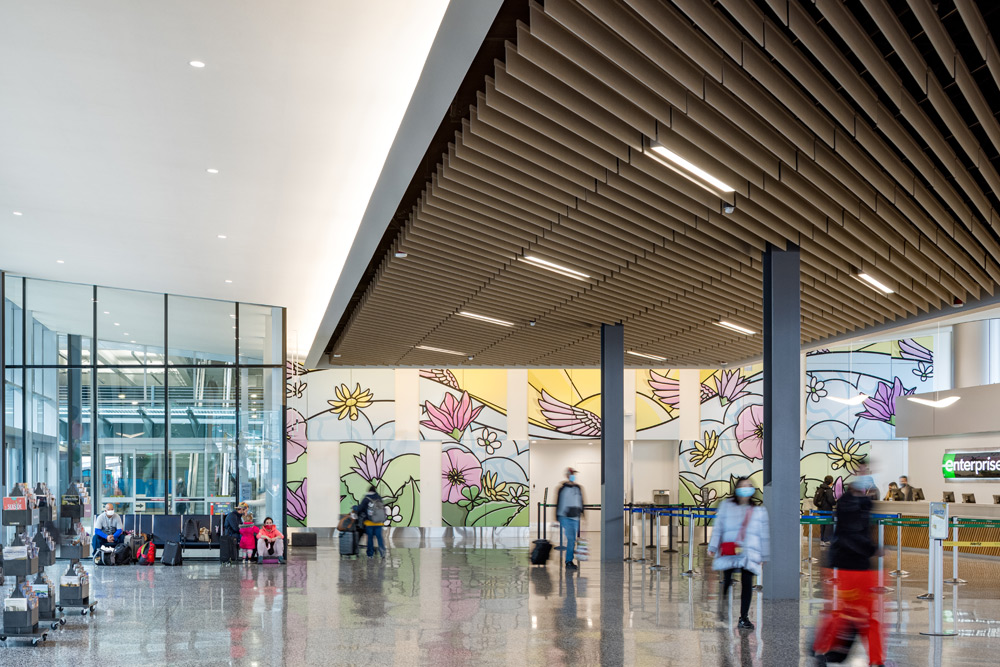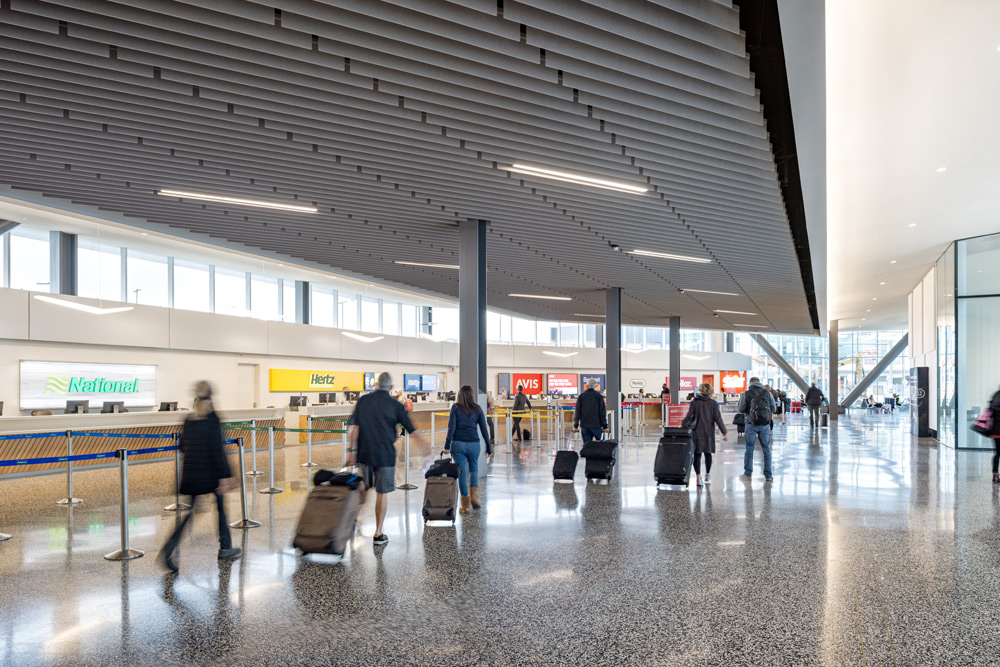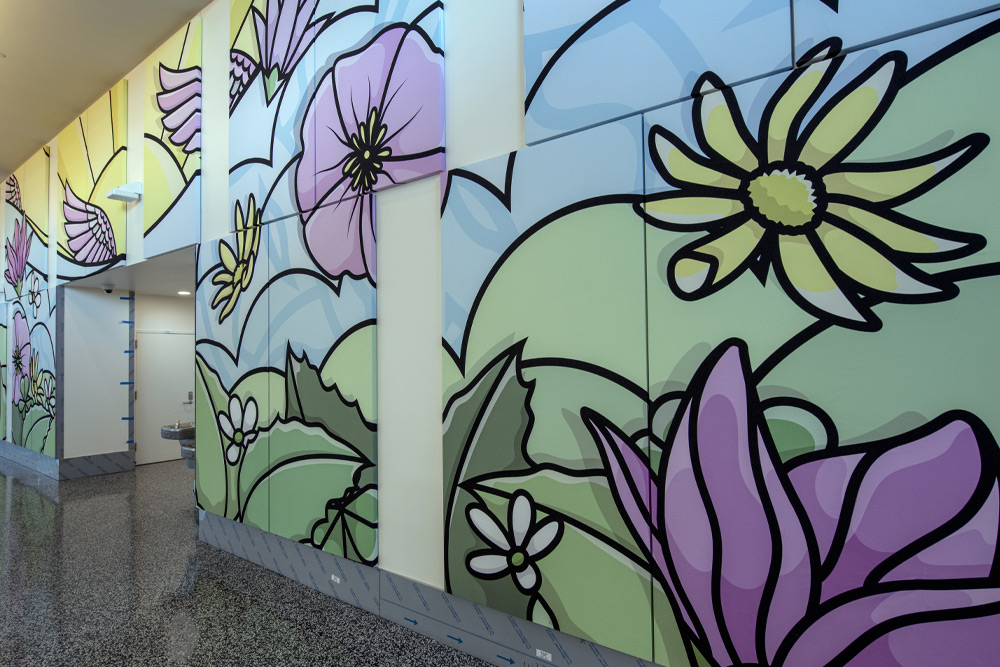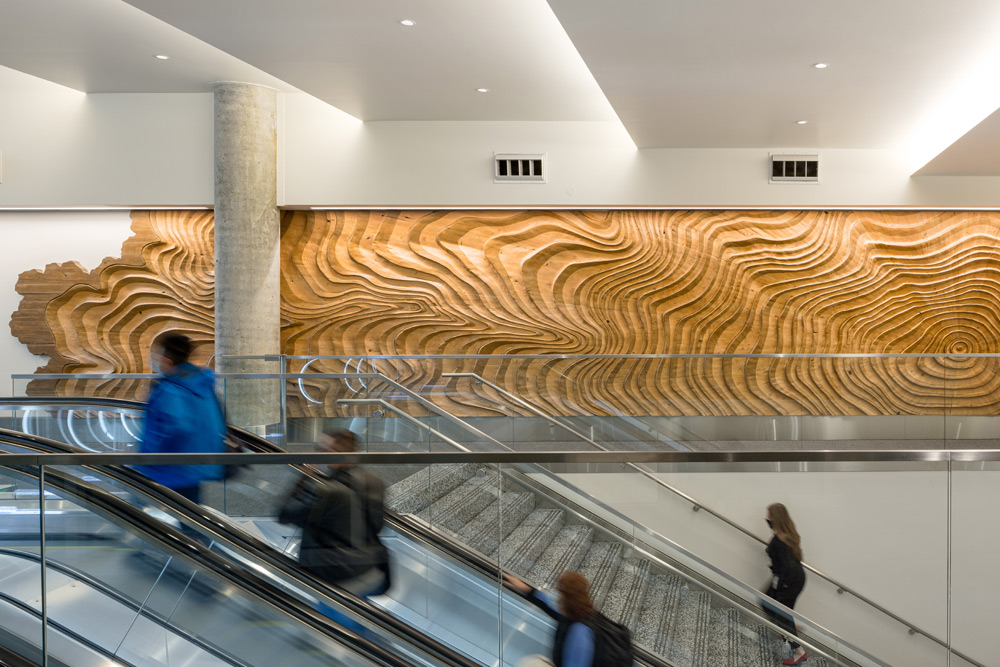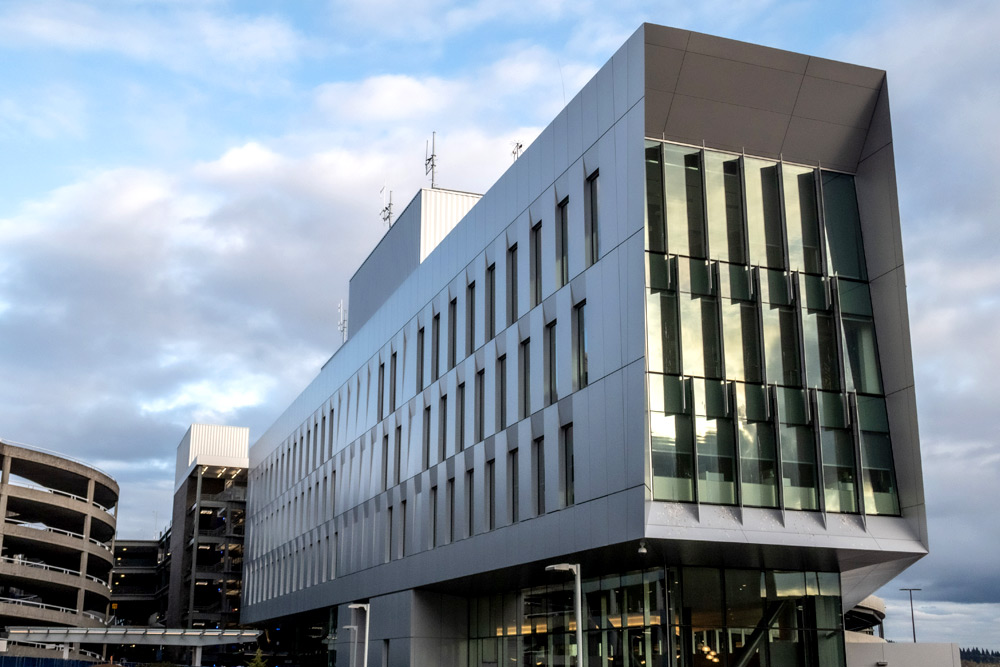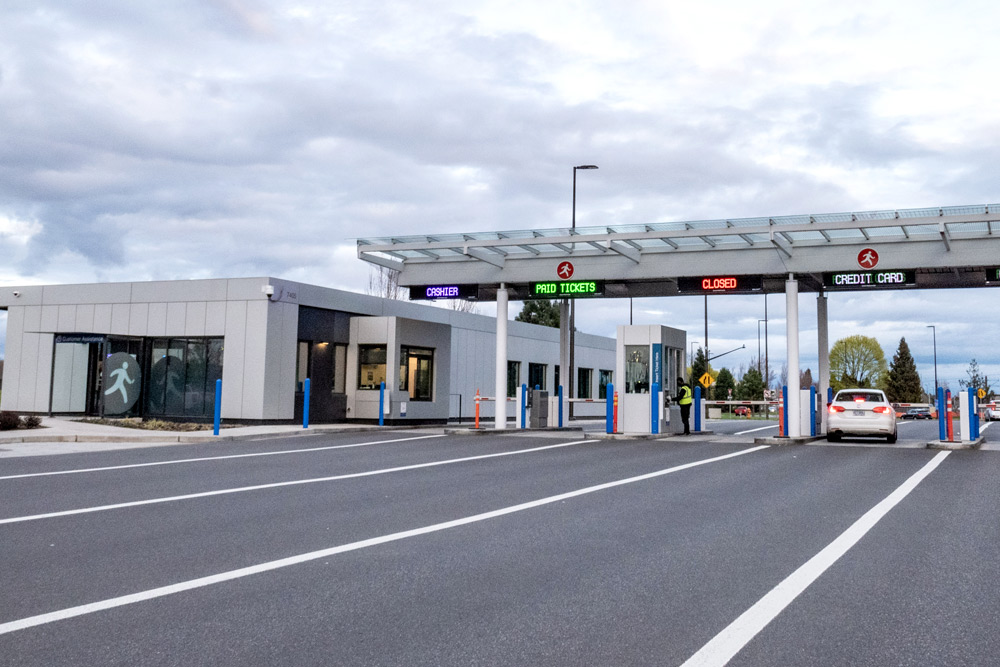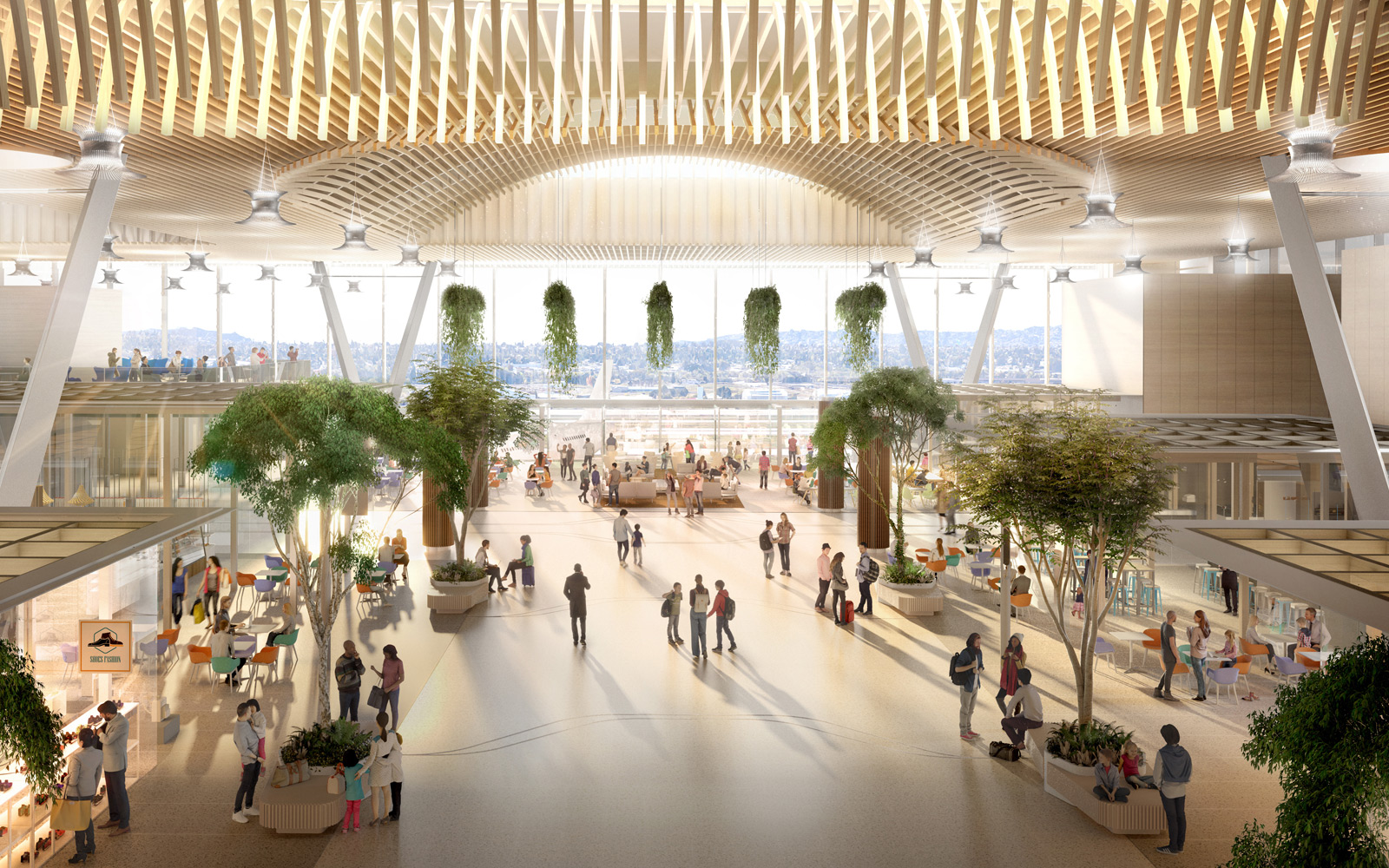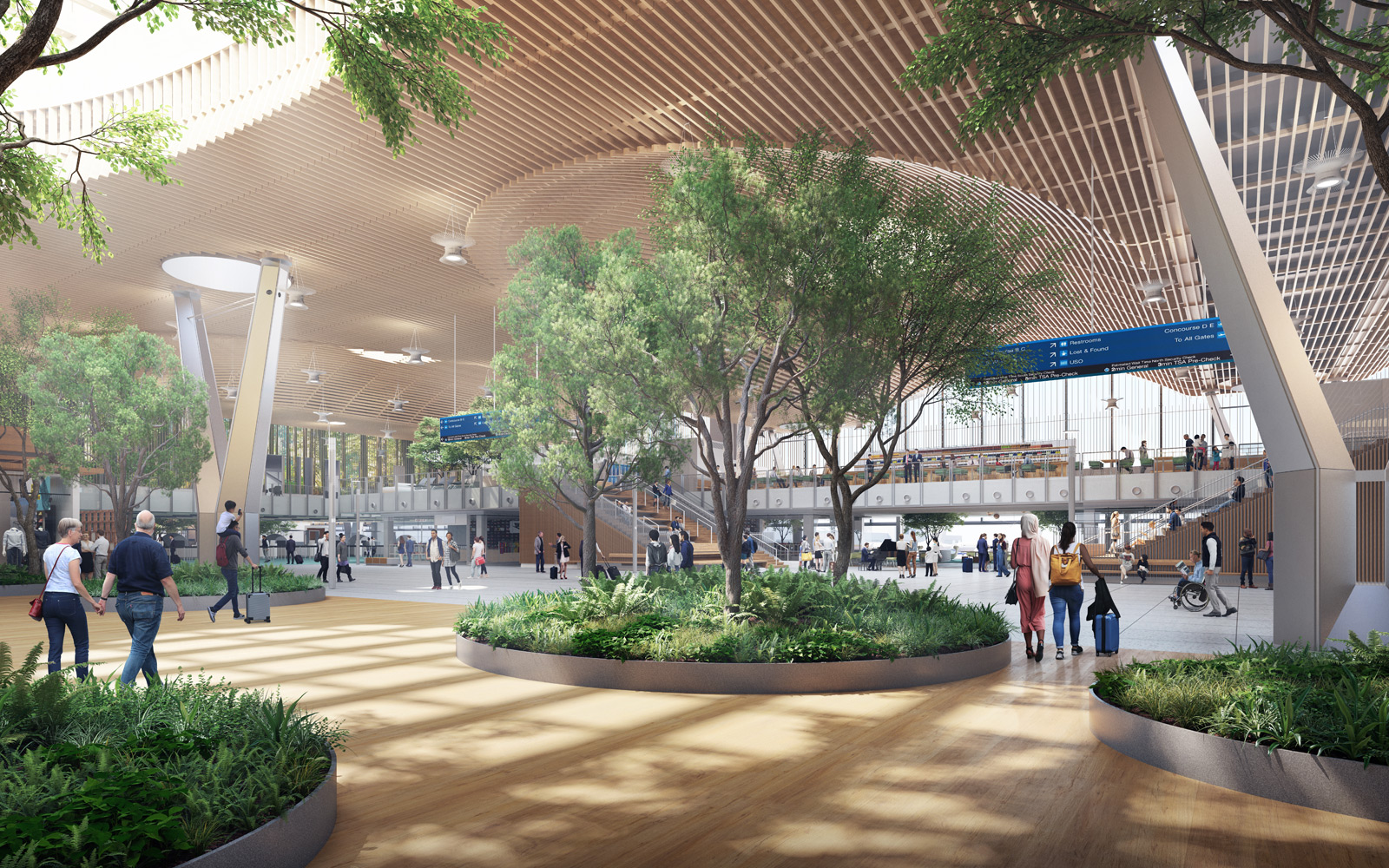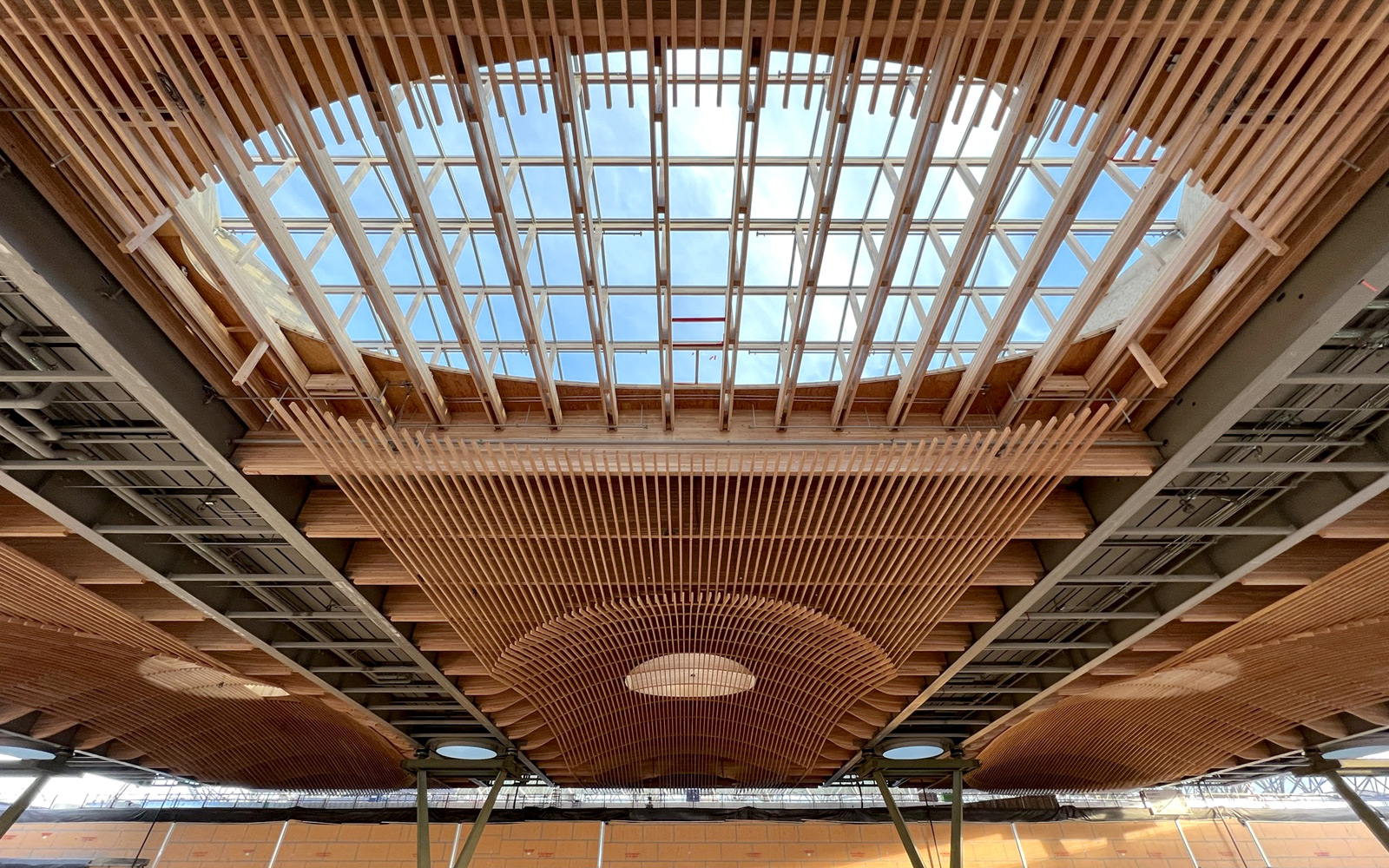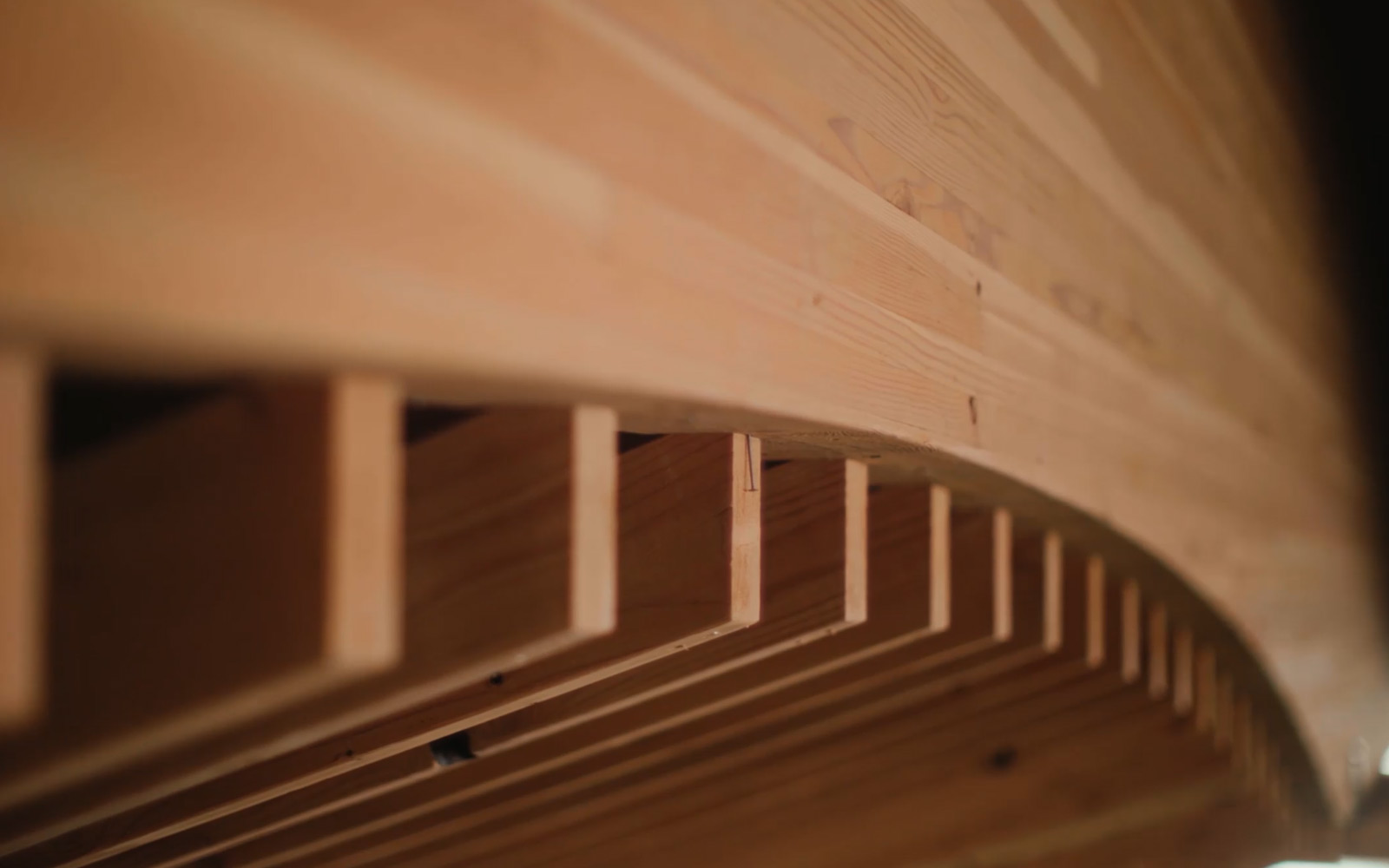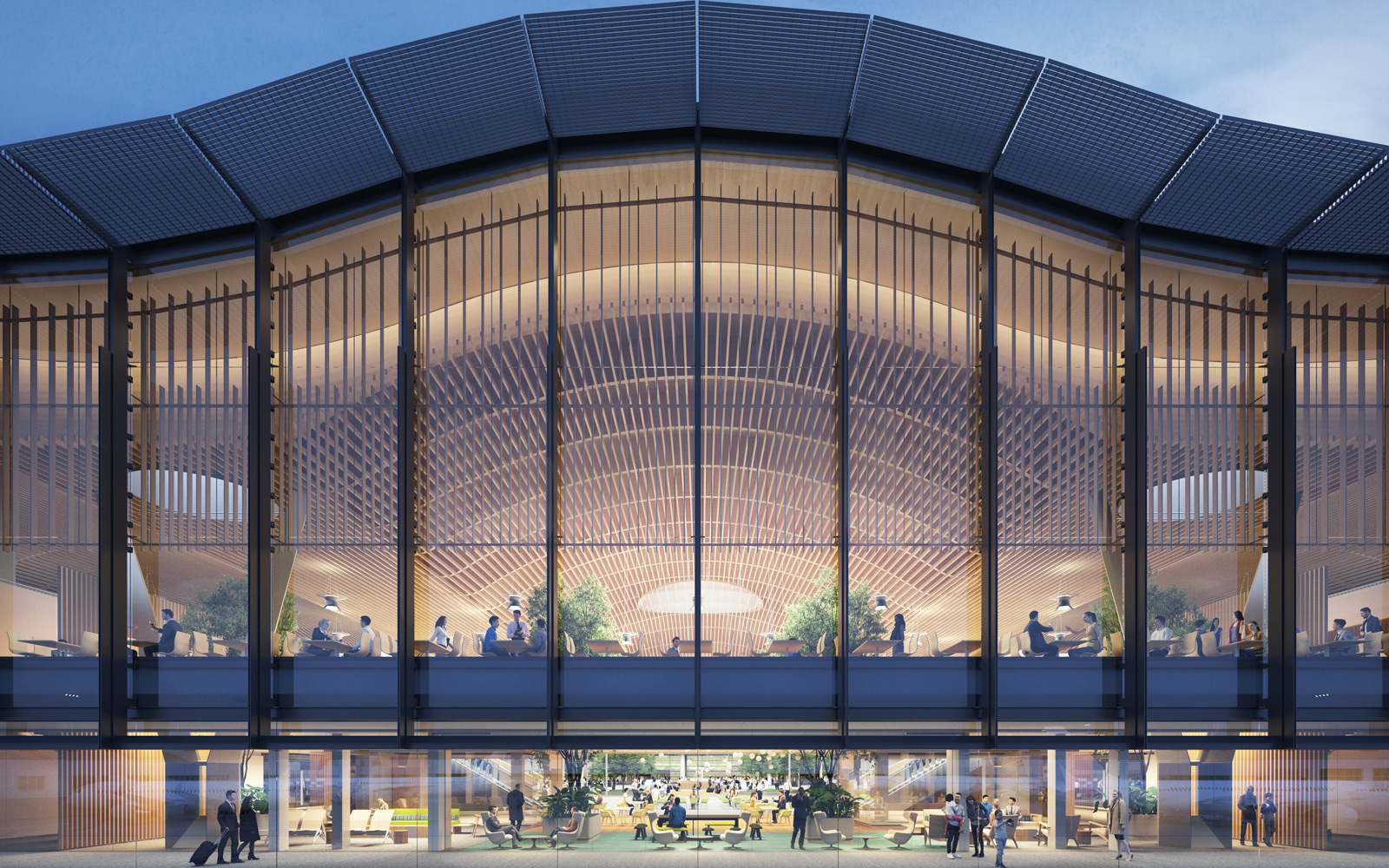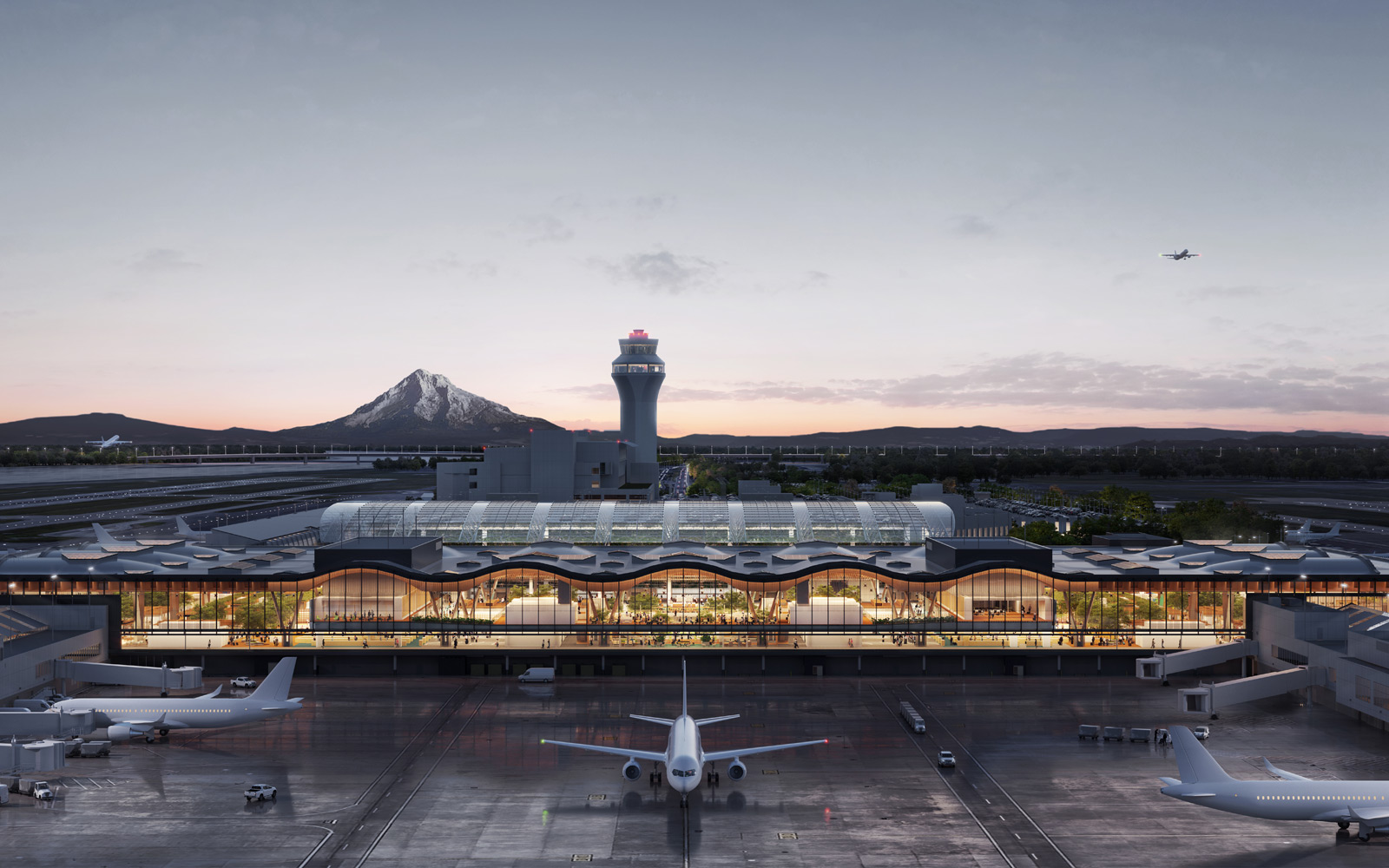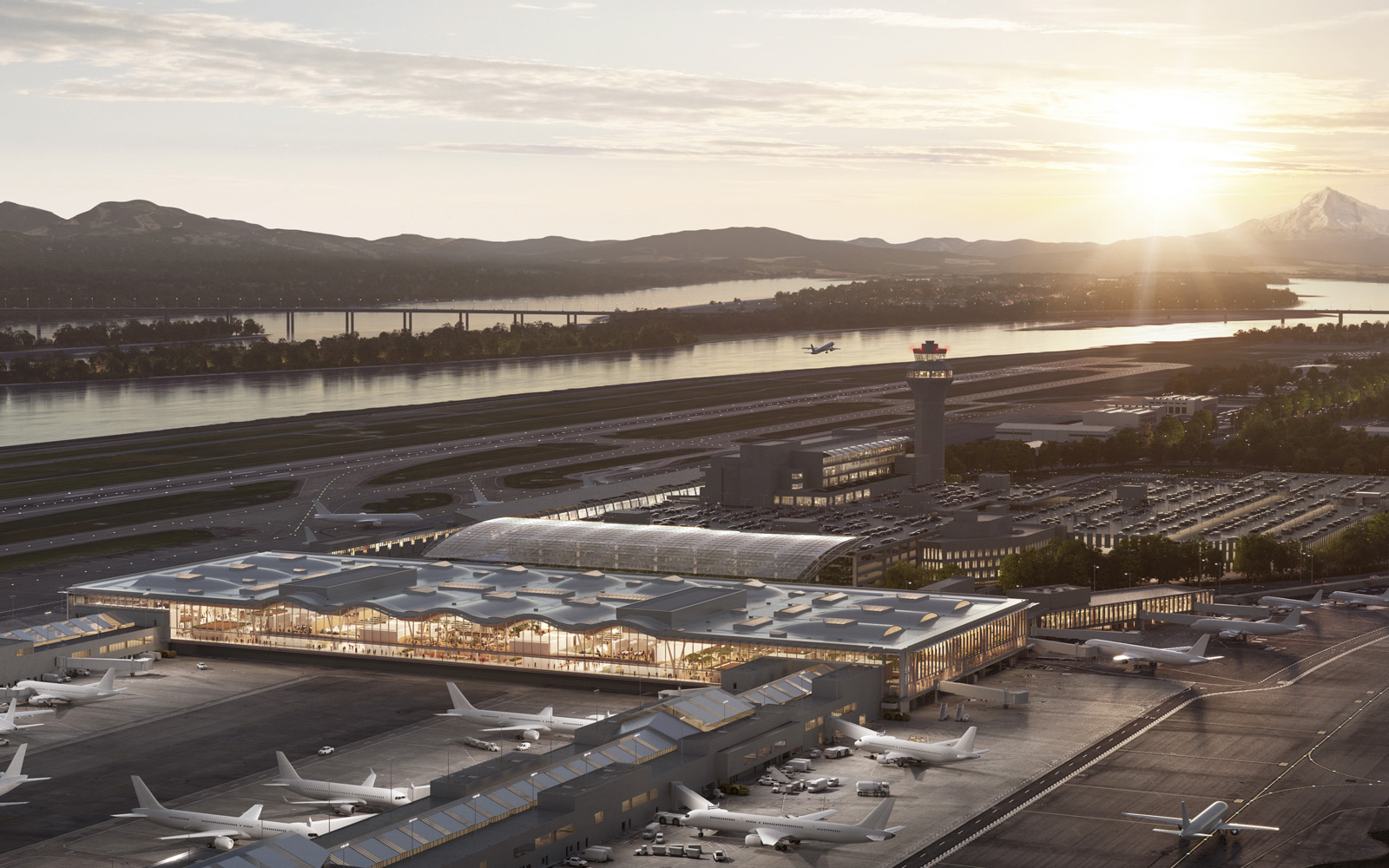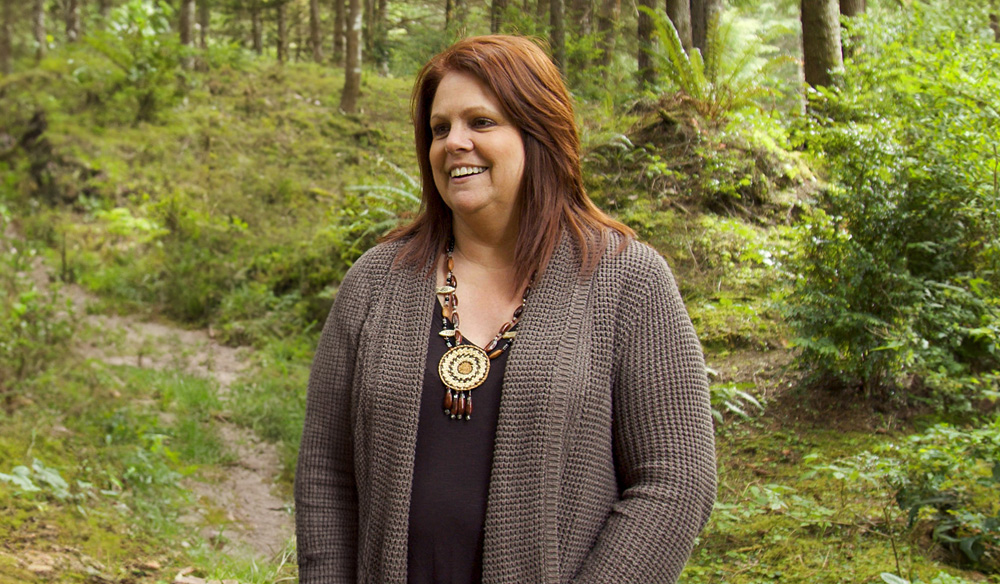
PDX asked representatives from our four tribal partners to tell us the story of the wood they supplied for the new main terminal and how they manage their sovereign lands. Read all four stories.
Just like the red cedar and Douglas fir that inhabit our coastal forests, the Coquille Tribe is tremendously resilient and adaptive. We have survived epidemics, forced removal, massacres, and the utter dispossession of our lands and resources. In 1954, Congress passed a law terminating our federal recognition. Termination was devastating for our people. Our government no longer considered us to be indigenous.
In 1989, Congress recognized its grave error and passed the Coquille Restoration Act (PDF). Seven years later, it returned 5,400 acres of our ancestral forest lands to us. Later, we purchased another 3,200 acres of ancestral homelands on the Sixes River.
A few years ago, Congress approved the Indian Trust Asset Resource Management Act (ITARA), which allowed tribes to write and implement their own land and resource management plans, called an Indian Trust Asset Management Plan (PDF) (ITAMP). We were the first tribe in the nation to have an ITAMP approved. The plan allows us to manage our lands under our tribal law and our land management criteria, rather than having the federal government telling us how to manage it.
The wood in the Portland Airport is from our first ITAMP timber sale.
Our forest is certified by the Forest Stewardship Council (FSC), and we actually have them come in and audit, to look at if our management goals are being hit and whether we are managing in a sustainable way.
This land gives us everything we need, and as long as we're good stewards, and take care of those resources in a holistic way, our children and grandchildren can have a sustainable forest that's healthy.
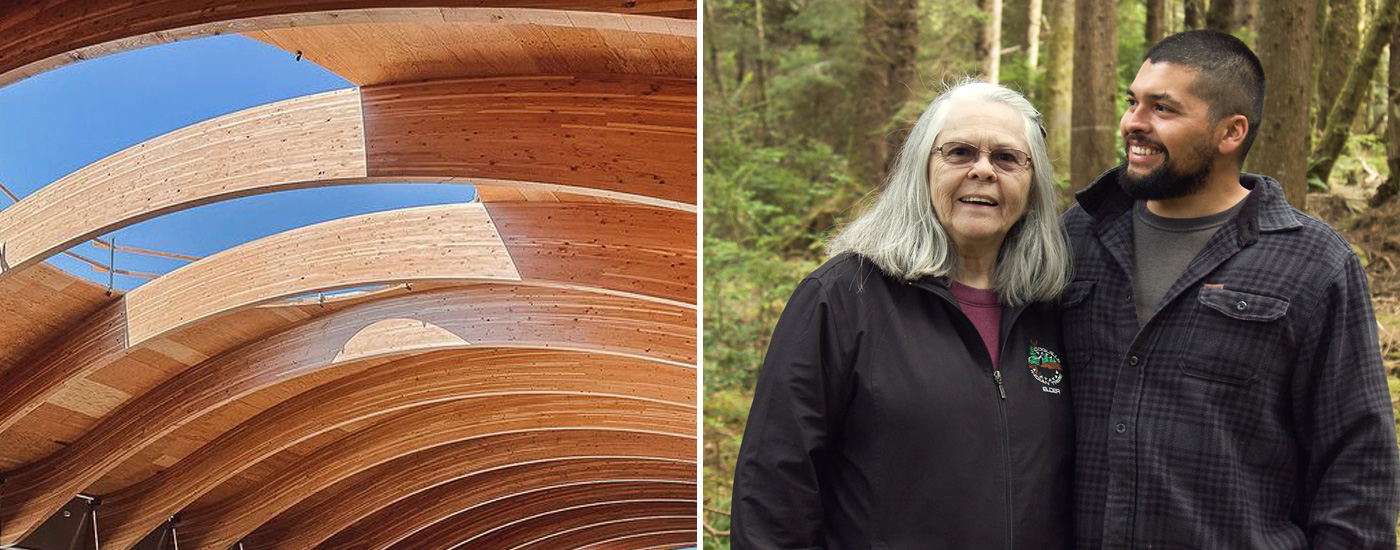
These are our ancestral homelands, and we will always care about them. We're the ones who are out there, gathering our traditional foods, basketry materials, and materials for our ceremonial gatherings. It's not about selling a product or making money. It's about making sure that our next generations have more than what we have, that it's better for them than it was for this generation.
We are having to clean up the industrial timber mess that happened on those lands over decades. Now we’re restoring tree species that are supposed to be there. There's Douglas fir, but the forests need diversity. Diversity is strength. You also can't manage timber without thinking about salmon. And you can't think about timber without thinking about water quality and habitat restoration projects. It’s all connected.
This project is an opportunity to show how tribes, nonprofits, the community, and the state can manage and co-manage these resources. The tribes will continue to lead this restoration work, though, because we’re not thinking about these problems the way non-tribal governments do. We’re not managing for one or two things. We’re managing for all things holistically — and not just for today’s needs, but for future generations.
I'm really proud of the fact that people visiting Portland will see a bit of Oregon’s culture in the airport. In our Coquille Potlatch culture it's so important to welcome our guests. This is an opportunity to do that.
I'm also proud of the work that Indian Country’s doing – not just the Coquille but all the Oregon tribes. We're good partners with the state of Oregon and our local communities. We understand that the tribes want what our communities want. We want good schools. We want a good place for our kids to grow up and be proud of. We want jobs so that our kids come home to be in this beautiful place. We need to make decisions not based on budgets and policy but around the people who are there. It's about subsistence. It's about ceremonial gathering. It's about what we're leaving our next generations.
We’ve got a lot to do.
